Scroll, scroll, stop, double tap... wait, maybe I need to buy that for the kids too, I mean they haven't asked for it but i've seen three mums post about it this week and even got served an ad this morning... scroll scroll, stop, double tap... Oh my goodness, If only our house was that tidy all the time, now that would be the dream... scroll, scroll, stop, double tap... omg how do they get all the kids to take a decent family photo?... Scroll, scroll, stop, double tap... urgh I really need to shift this baby weight, how does she look like that after just having a baby?. And breathe.
Before we look at what I believe to be some of the disadvantages and advantages of social media, what if I told you that all those thoughts whilst scrolling through social media are totally possible in under 30 seconds, or even less? Based on our scrolling speed on an endless feed, where we search for that picture or video that stops us mid scroll and is worthy of the double tap, these thoughts come at us thick and fast.

With my corporate experience in media and more recently as global brand partnerships manager at TikTok, I know that there is a key metric that social media platforms celebrate as they see this number rise. That metric is dwell time - how long we can be kept entertained in the app from the moment we click into it. I have always been personally convinced that as dwell time in social media apps increases there has to be a natural correlation between this and the amount of time we as users spend dwelling on the information we are consuming at faster and faster speeds. How often do we really access the effects of social media on our decisions, how we feel and are we 100% in control of our digital diet? Yes, digital diet. In the wider sense this is something my late mum often reminded me, “Your diet is not just what you eat, it is what you watch, listen to and those you allow around you.”
There’s no denying that social media has evolved a lot since I had that conversation with my mum. And now as a mum of three, soon to be four ,with our family now full-time content creators, I want to share my honest views on what I believe to be some of the advantages and disadvantages of social media.
Disadvantages
Addiction
From craving more likes, to FOMO (fear of missing out) to the widely discussed release of the feel good chemical, dopamine, that happens when we receive social media notifications, there is no denying that social media can be highly addictive. As with any addiction, the level of fix needed to satisfy the addiction will also have to increase. So we scroll faster, post more, check more often, share more shocking stories and buy to match what we see on social media.
I have to admit I noticed how most mornings I would roll over and my phone would be straight in my hand and as if almost in auto mode and I’m scrolling before you know it. Not to mention those nights where you find it difficult to fall asleep and then find yourself on social media for an hour. So about six months ago I made the decision to not only keep my phone downstairs at night but to permanently turn off all social media notifications to my phone and my goodness it helps a lot not to wake up and roll straight into the world of social media.
Cyberbullying / trolling
A lot of us believe that community safety policies should offer us adequate protection online and whilst platforms like instagram have recently introduced the ability to block accounts plus any future accounts they create and facebook have advanced comment moderation tools which include keywords, trolling / cyberbullying is one of the darkest sides of social media.
Trolls want drama, they want a reaction, they want to feel seen and some of the tips i’ve picked up is to do some of the following, to decide not to give them the attention, be unexpectedly kind, diffuse with humour or just block. We have every right to protect ourselves. It is never ok, but remember we have chosen to be on the platform and we also have the choice to step away to protect our mental health.

Privacy Concerns
I remember getting a DM from a follower in Brazil who sent me a photo that I had to translate from Portuguese using google translate saying ‘This baby in a big picture here in Brazil looks like your boy’ and guess what? IT WAS. A billboard in BRAZIL with a picture of my youngest son, Dream, being used for a baby lotion advert. I was horrified, I wanted it taken down, I tried to contact the company, I sought legal advice but the truth is whilst you can put a polite note in your bio, or put watermarks on your images (FYI there are now apps that remove these) being on social media comes with a degree of understanding that once you share images or videos, it is out there for the world. Whilst copyright infringement policies exist in apps and people should rightly get permission. It doesn't always happen and believe it or not sometimes brands can be guilty of this. I’ve been there too.
Advantages
The Power of a community
Social media has become a virtual town hall for all of us. A place where our voices can be heard and support communities can be built. A community of people who ride for you and those who inspire you daily. Collective voices that create worthwhile movements that drive real change, globally. From finding other plantain lovers to families championing communal living, this virtual town hall invites everyone to find engaging ways to tell their stories. Also not to forget the useful reminders you get from our communities, like a post from another parent to check if it’s inset day after half term to save you turning up at school. This was me, my kids would have turned up at school if i hadn't seen an instagram story the night before.
Bitesize Education that fits into our lifestyle
From learning to make Plantain Lasagna in a 30 second reel, to cleaning hacks, to fashion tips, simply pop a hashtag into most social media apps and they’ll be content that matches your search and offers short form content that will educate you in little to no time. A caveat we should all keep in mind is anyone can put information on social media but this doesn't necessarily validate the information. I’m sure you’d agree that the list of useful tips you’ve picked up thanks to social media is never ending.
Monetise your content
Our social media community has given us the opportunity as a family to make a full time living from the content we create online. Myself and my husband, Darcy, have always aligned on our reasons for being on social media as a family. Our goal has always been to use our platform to both educate and increase the visibility of a black British family, whilst raising children with a love for their African heritage to create a more representative view that diversifies social spaces and challenges stereotypes. We focus on selective long term partnerships that offer us security as a family and mean we still get to create organic content as well as keep moments private for us. I honestly believe you can be on social media with a purpose and feel extremely thankful that after years of not being able to do school runs, make after school tea or be back for bedtime, that social media has given our family an opportunity to share a slice of joy with our audience whilst making a living from it.
As with anything depending on the user and who’s behind the keyboard, all of the social media platforms can be used to an advantage and disadvantage, I’m a massive advocate of making sure you regularly unplug from digital. Whether you consume or create on social media a digital detox will always do you the world of good. It’s really up to us to consciously exercise more control when it comes to our digital diet, what you watch, listen to and those you allow around you.
Best Parenting Books
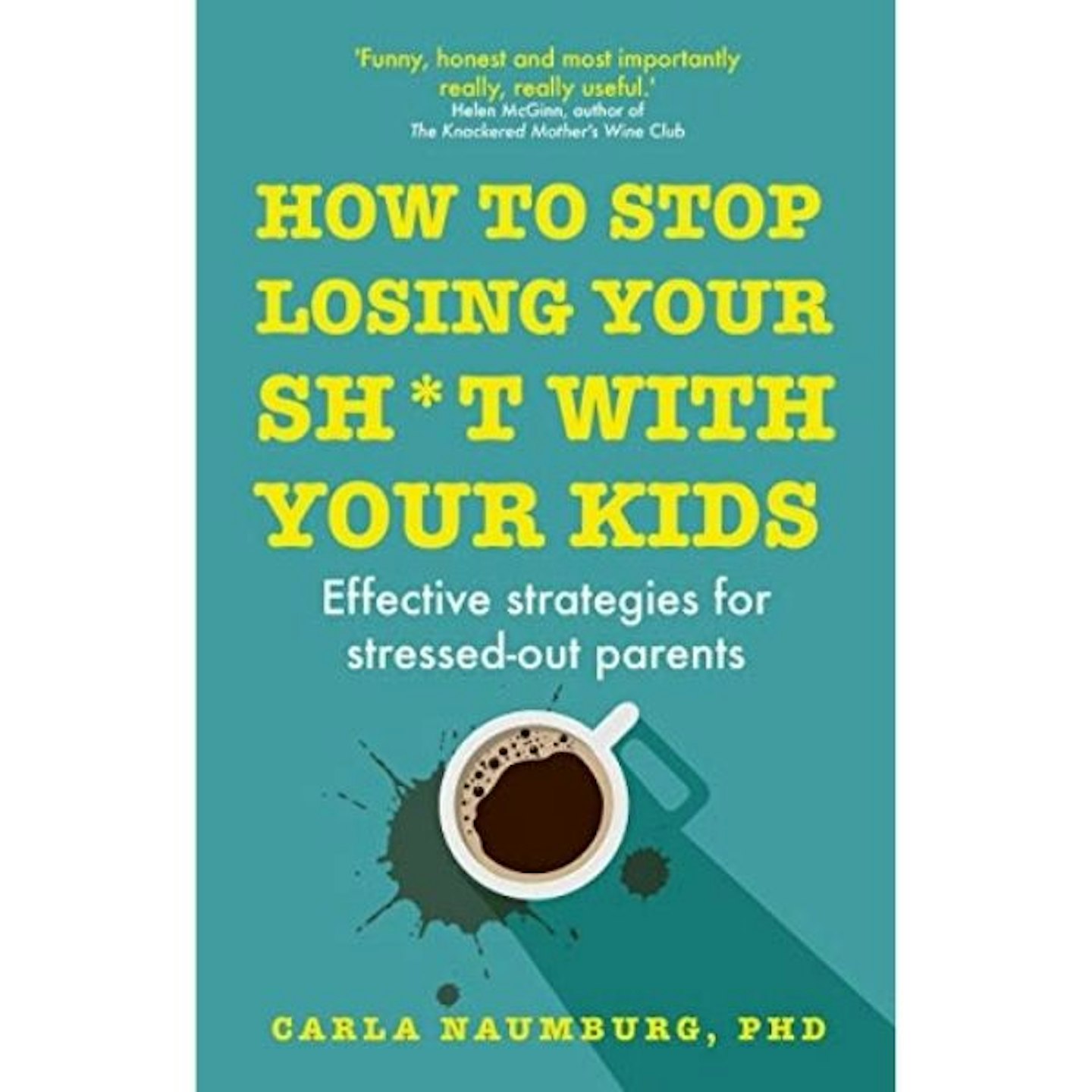 1 of 30
1 of 30How to Stop Losing Your Sh*t with Your Kids, By Carla Naumburg PhD
Pragmatic about helping you work through your sh*t to be a more present and positive parent. Increasingly relevant to today's parents, who are more overloaded, overwhelmed, and overworked than ever before, Carla Naumburg has the antidote to the feelings of complete despair and rage. With some humour too…
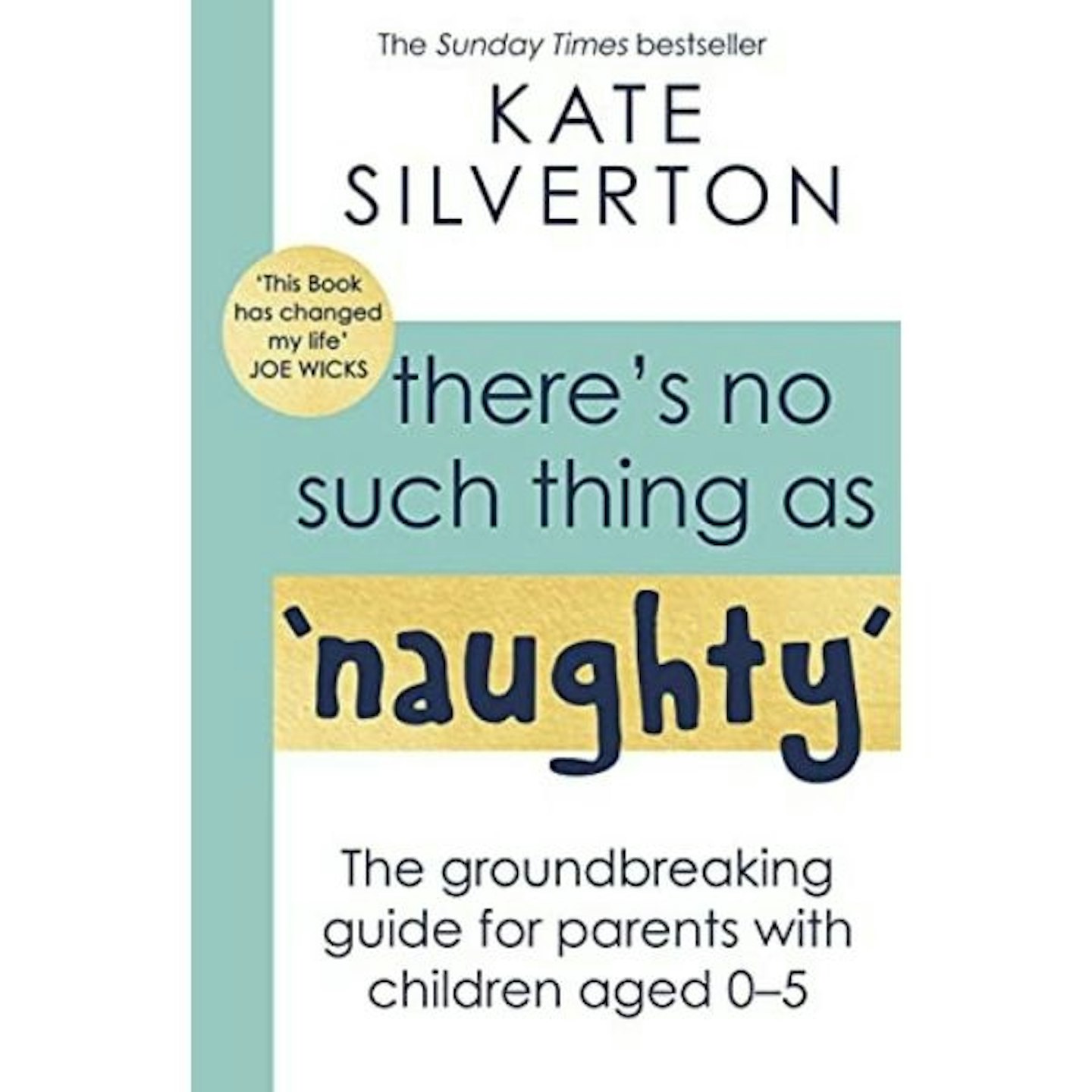 2 of 30
2 of 30There's No Such Thing As 'Naughty', By Kate Silverton
This Sunday Times Bestseller details the secret to tackling tantrums, tears and laying the foundations for your child's mental health. In There's No Such Thing As 'Naughty', mum to two young children, journalist and children's mental health advocate Kate Silverton shares her groundbreaking new approach to parenting under-fives that helps to make family life a breeze!
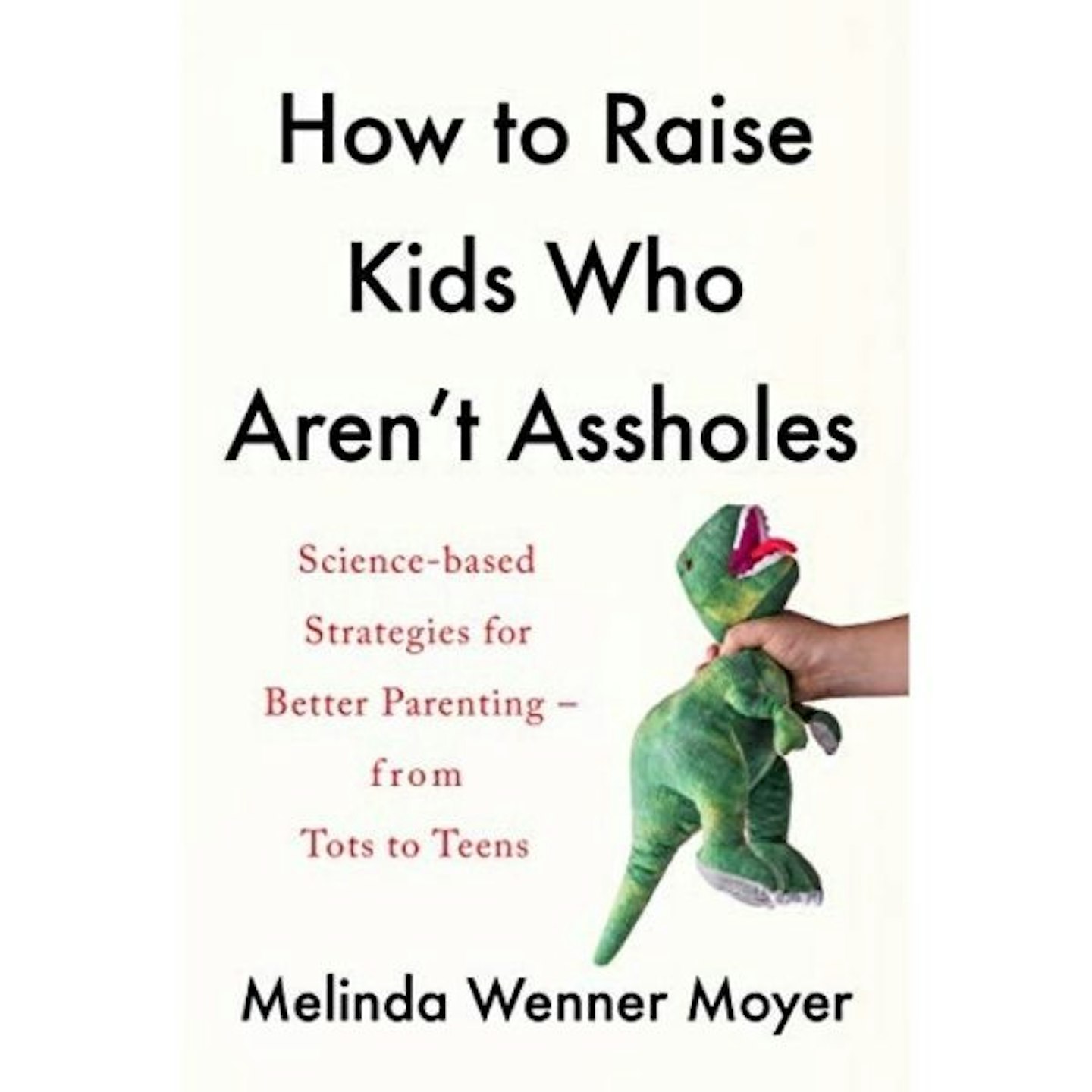 3 of 30
3 of 30How to Raise Kids Who Aren't Assholes, By Melinda Wenner Moyer
As Melinda's children grew, she found that one huge area was ignored in the realm of parenting advice: how do we make sure our kids don't grow up to be assholes? How to Raise Kids Who Aren't Assholes is a researched, evidence-based guide that provides a fresh, often surprising perspective on parenting issues, from toddlerhood through the teenage years.
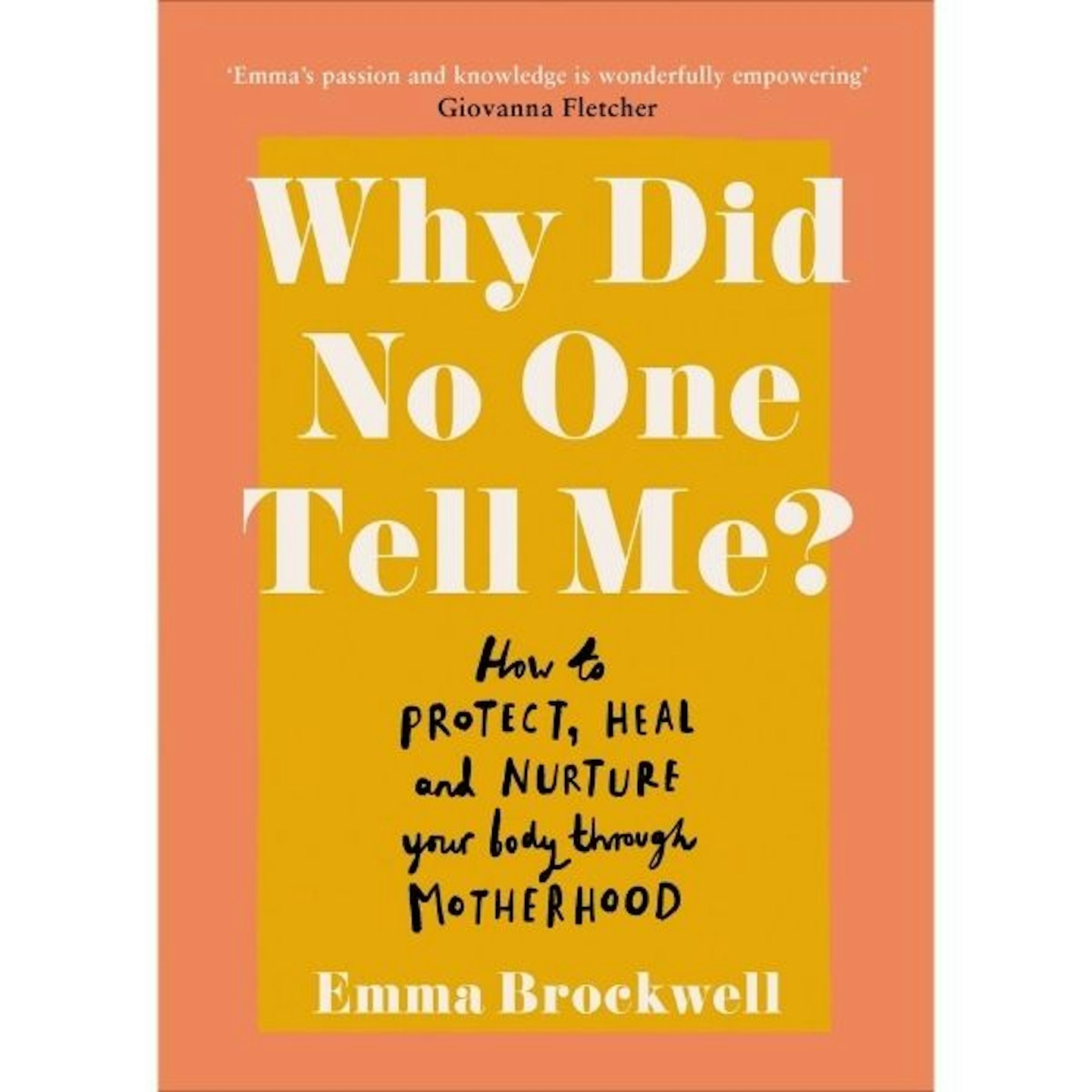 4 of 30
4 of 30Why Did No One Tell Me?: How to Protect Heal and Nurture Your Body Through Motherhood
For too long, women have been told that debilitating conditions following pregnancy are normal and something they have to just put up with. Emma Brockwell is on a mission to change this. In this guide, Emma combines her expertise as a specialist women's health physiotherapist with personal experience to create a warm and informative handbook to help pregnant women and new mums take control and care for their changing bodies. Find out how to:
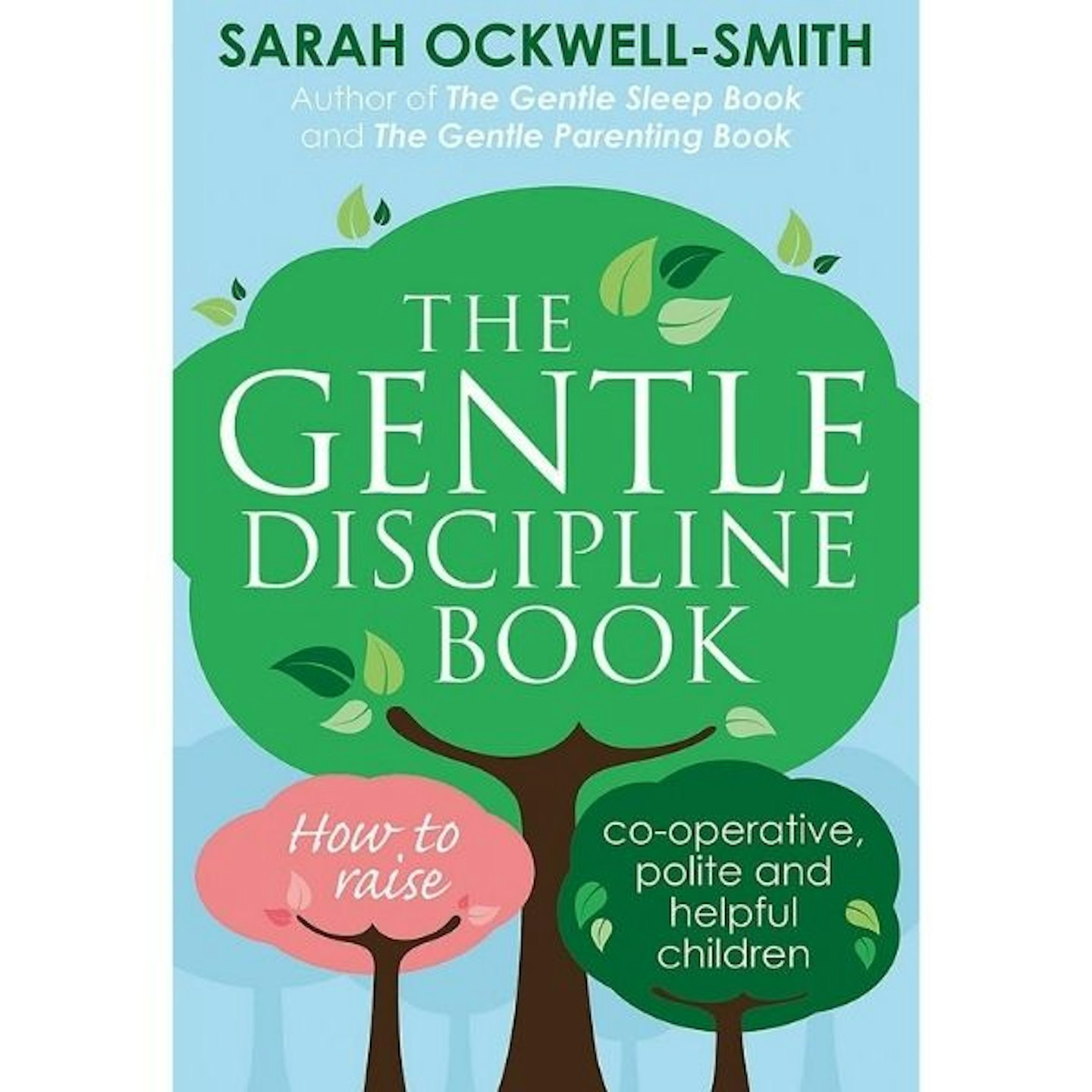 5 of 30
5 of 30The Gentle Discipline Book, By Sarah Ockwell-Smith
In The Gentle Discipline Book, Sarah Ockwell-Smith debunks many commonly held beliefs about punishment and motivation and provides an alternative approach that will empower you to discipline your child in an effective way and with respect. Gentle discipline is not about mollycoddling your child or being a pushover - it means understanding your child, having realistic expectations of them, and responding to their misbehaviour appropriately. It focuses on teaching and learning, not punishment or rewarding.
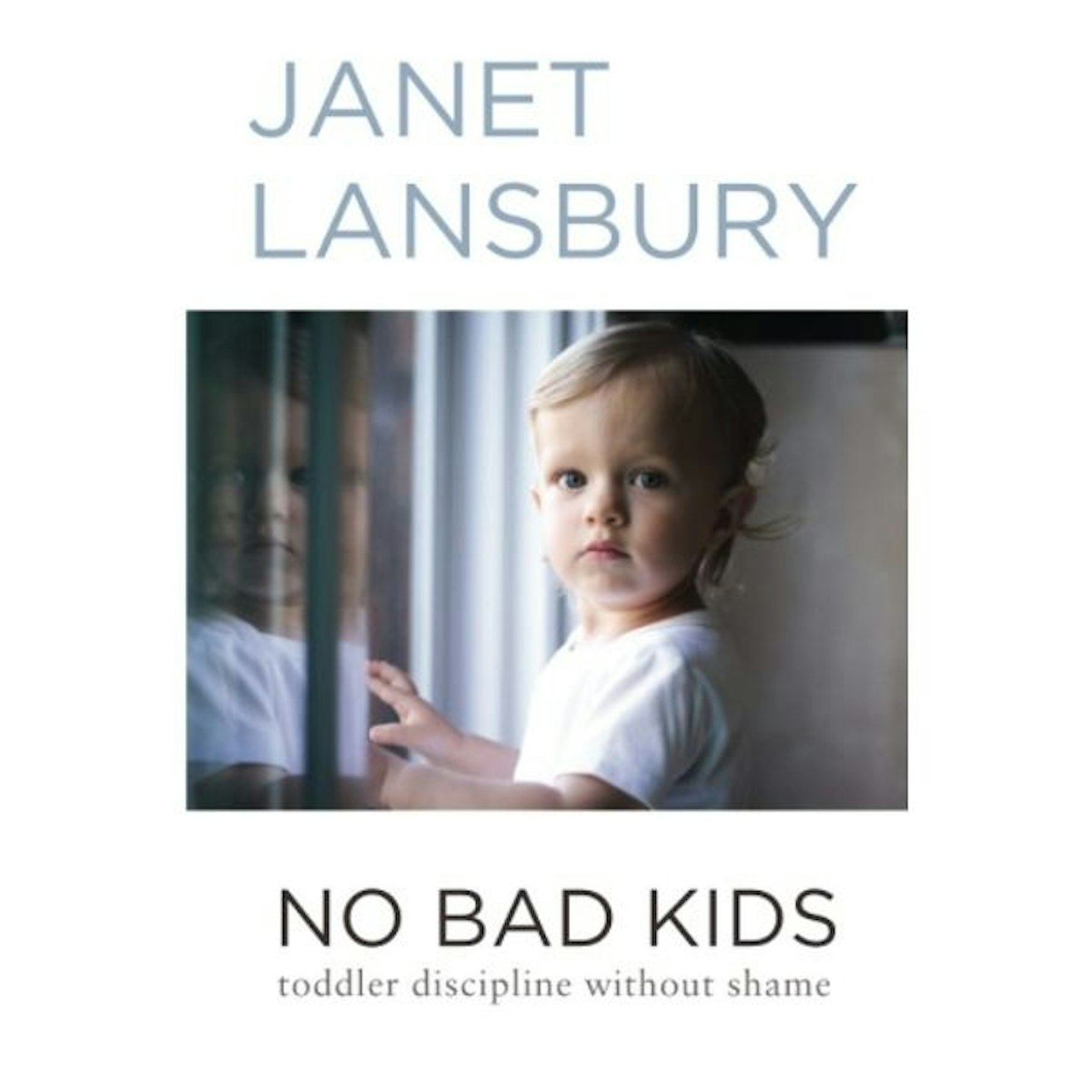 6 of 30
6 of 30No Bad Kids: Toddler Discipline Without Shame
No Bad Kids is a collection of Janet's most popular and widely read articles pertaining to common toddler behaviours and how respectful parenting practices can be applied to benefit both parents and children. It covers such common topics as punishment, cooperation, boundaries, testing, tantrums, hitting, and more.
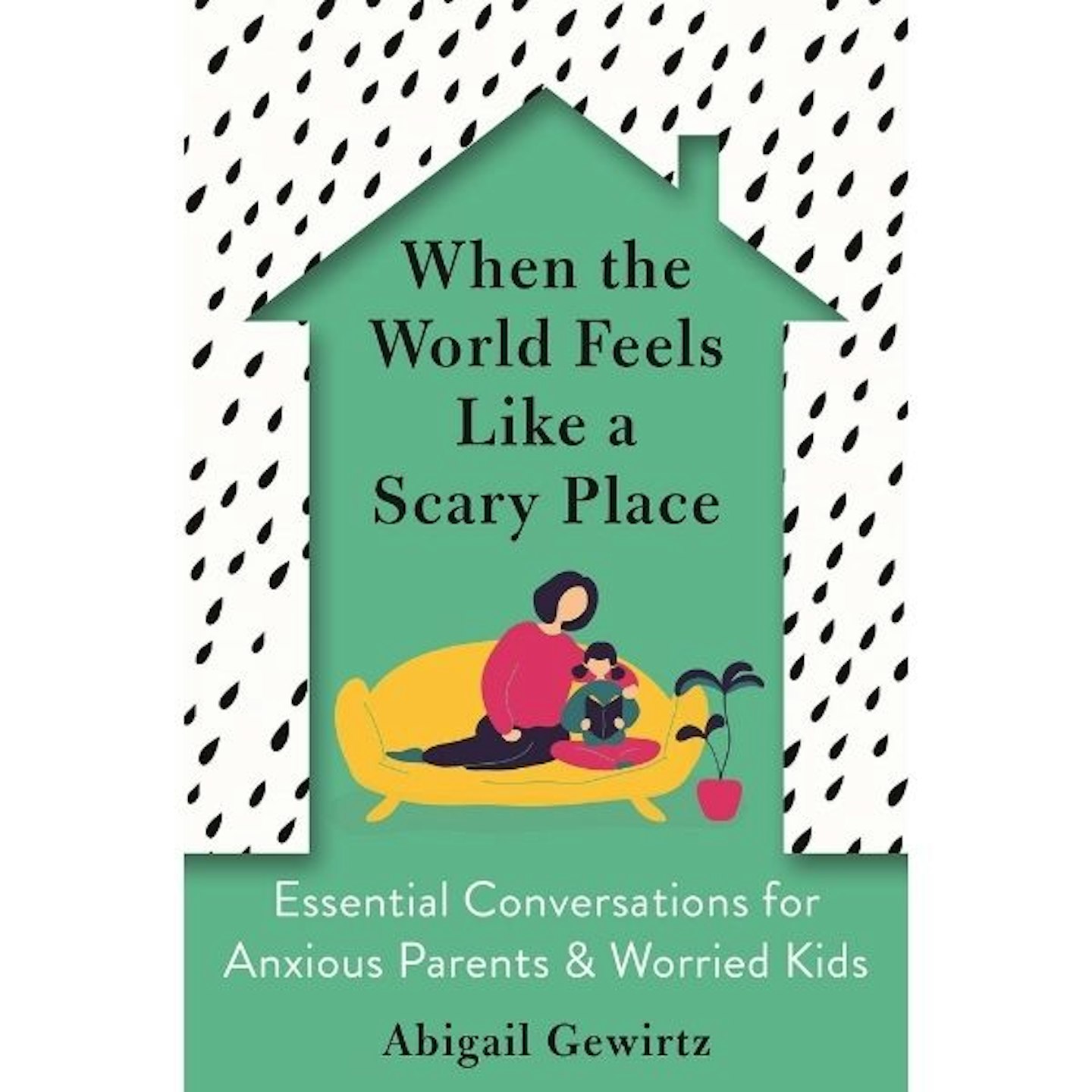 7 of 30
7 of 30When The World Feels Like A Scary Place, By Abigail Gewirtz
This book by prominent child psychologist Dr Abi Gewirtz, brings solutions to a problem that is only going to get worse - how bad things happening in the world affect our children, and how we can raise engaged and confident kids in spite of them. Through conversation scripts, talking points, prompts and insightful asides, When the World Feels Like a Scary Place is an indispensable guide to talking to our kids about the big things that worry them - making us calmer parents with more resilient children.
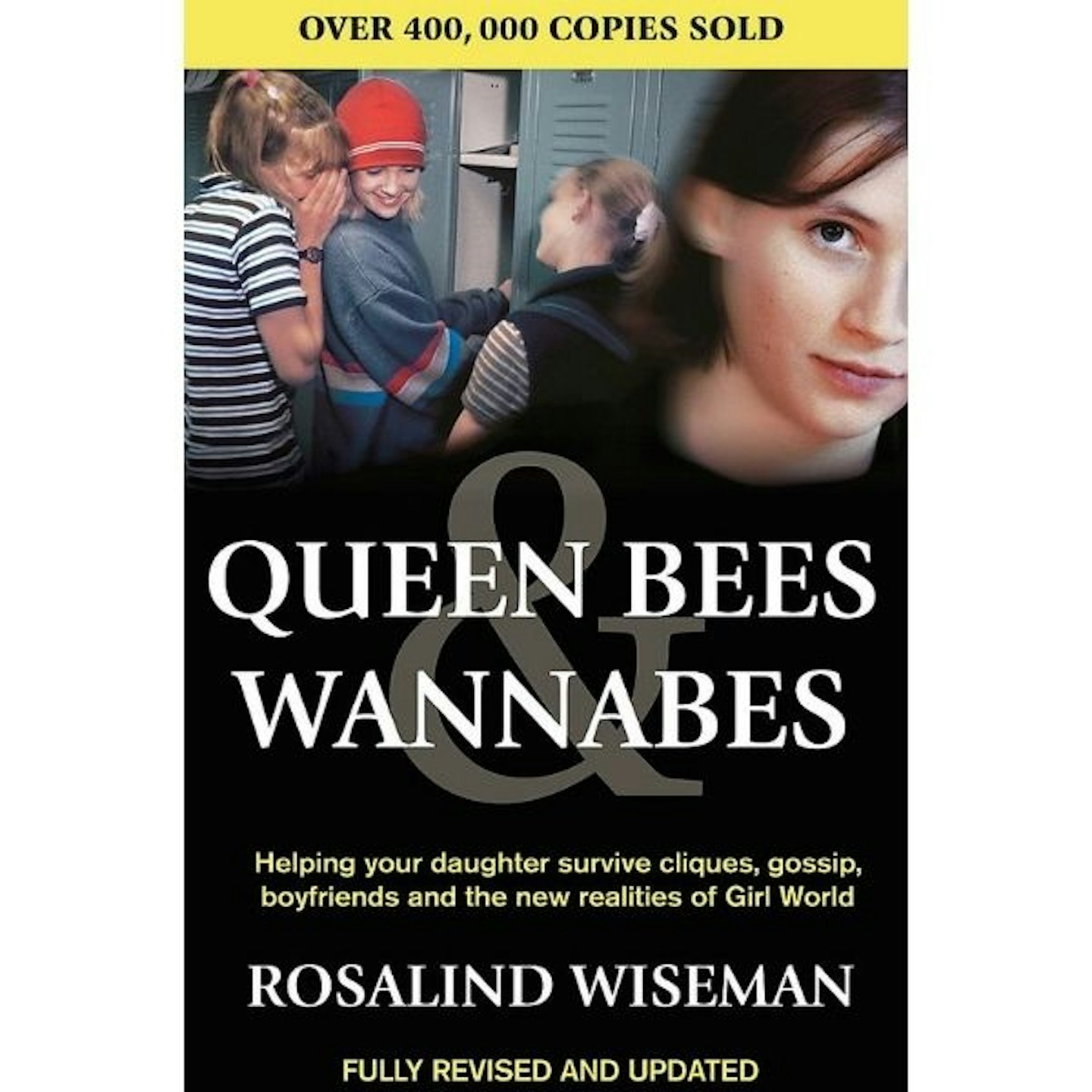 8 of 30
8 of 30Queen Bees and Wannabes
A revised and updated version of Rosalind Wiseman's groundbreaking book for a new generation of girls. Packed with insights about technology's impact on Girl World and enlivened with the experiences of girls, boys, and parents, the book that inspired the hit movie Mean Girls (YES REALLY) offers concrete strategies to help you empower your daughter to be socially competent and treat herself with dignity.
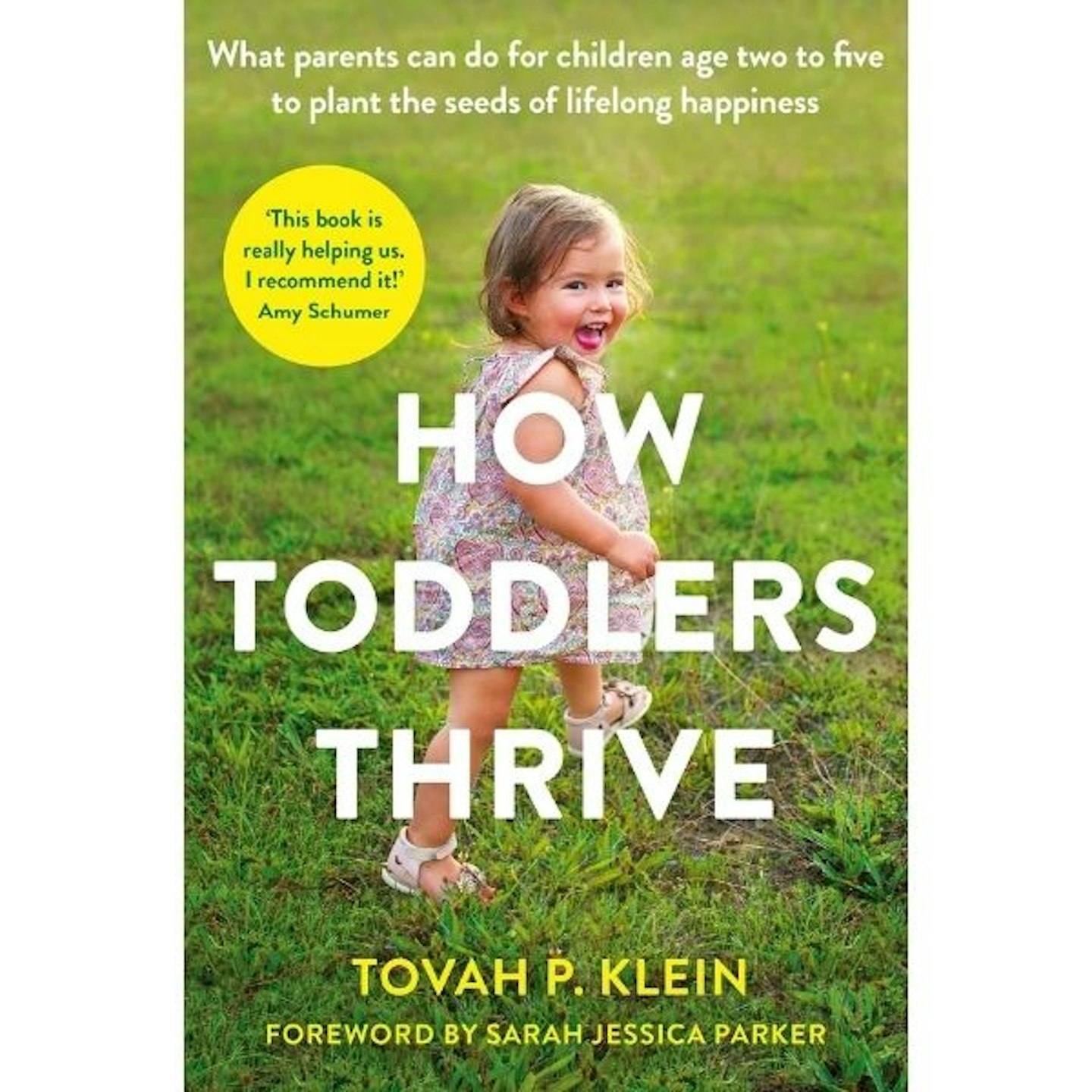 9 of 30
9 of 30How Toddlers Thrive, By Tovah P. Klein
Leading toddler expert Dr Tovah P. Klein reveals why age two to five is the most crucial time for a child's brain development and how parents can harness this period to have a lifelong positive effect on their children's lives. With chapters on everyday routines, tantrums, managing change and avoiding toddler shaming, this smart and useful guide promises to inspire you to be a better parent. Sarah Jessica Parker says: 'Tovah taught me how to resist the temptation to fix everything, and instead give my children the opportunity to learn how to problem-solve for themselves.'
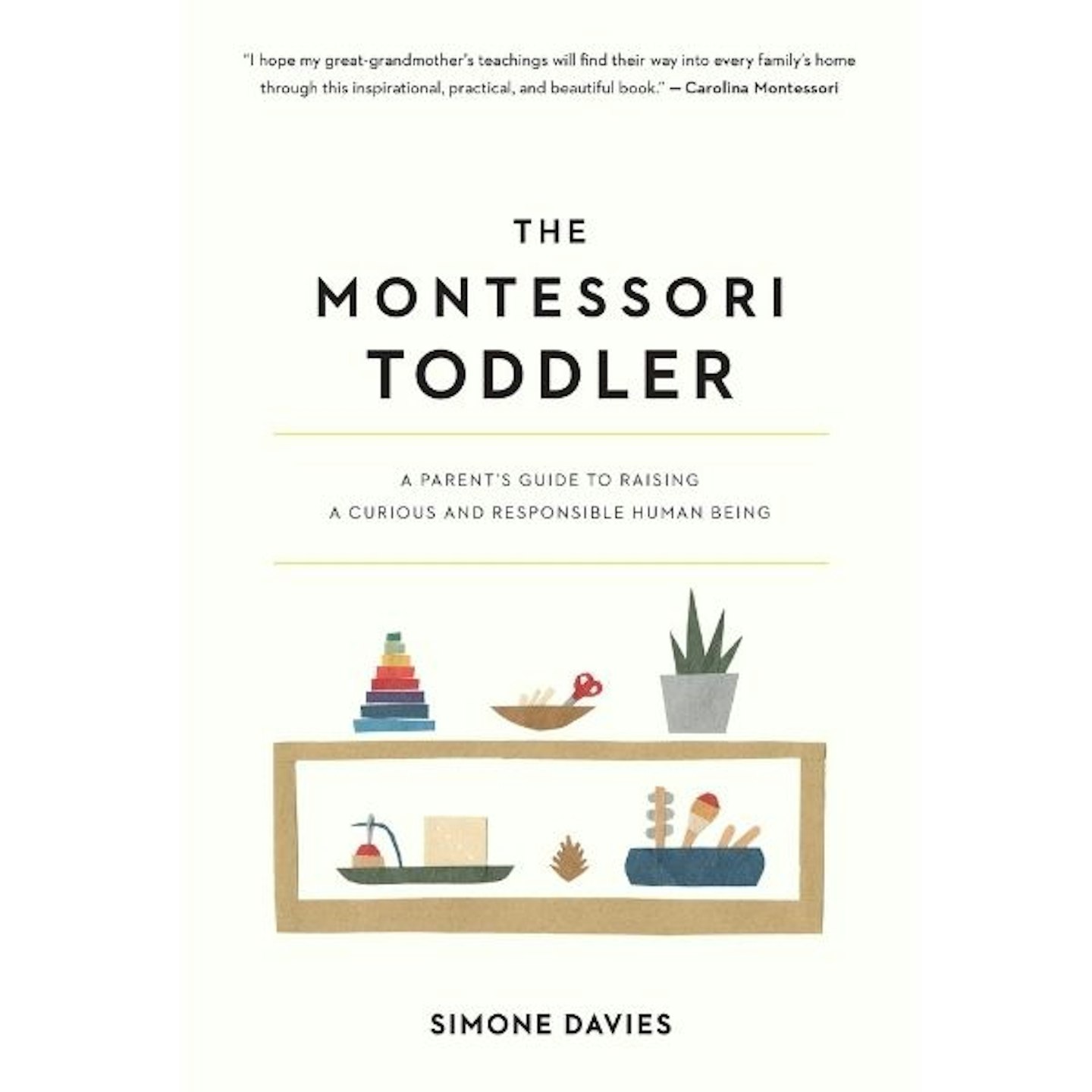 10 of 30
10 of 30The Montessori Toddler
This book promises to not only help you become a more effective parent but actually change how you see your children. Written by Montessori educator Simone Davies, this book shows you how to bring the educational values of a Montessori classroom into your home-while
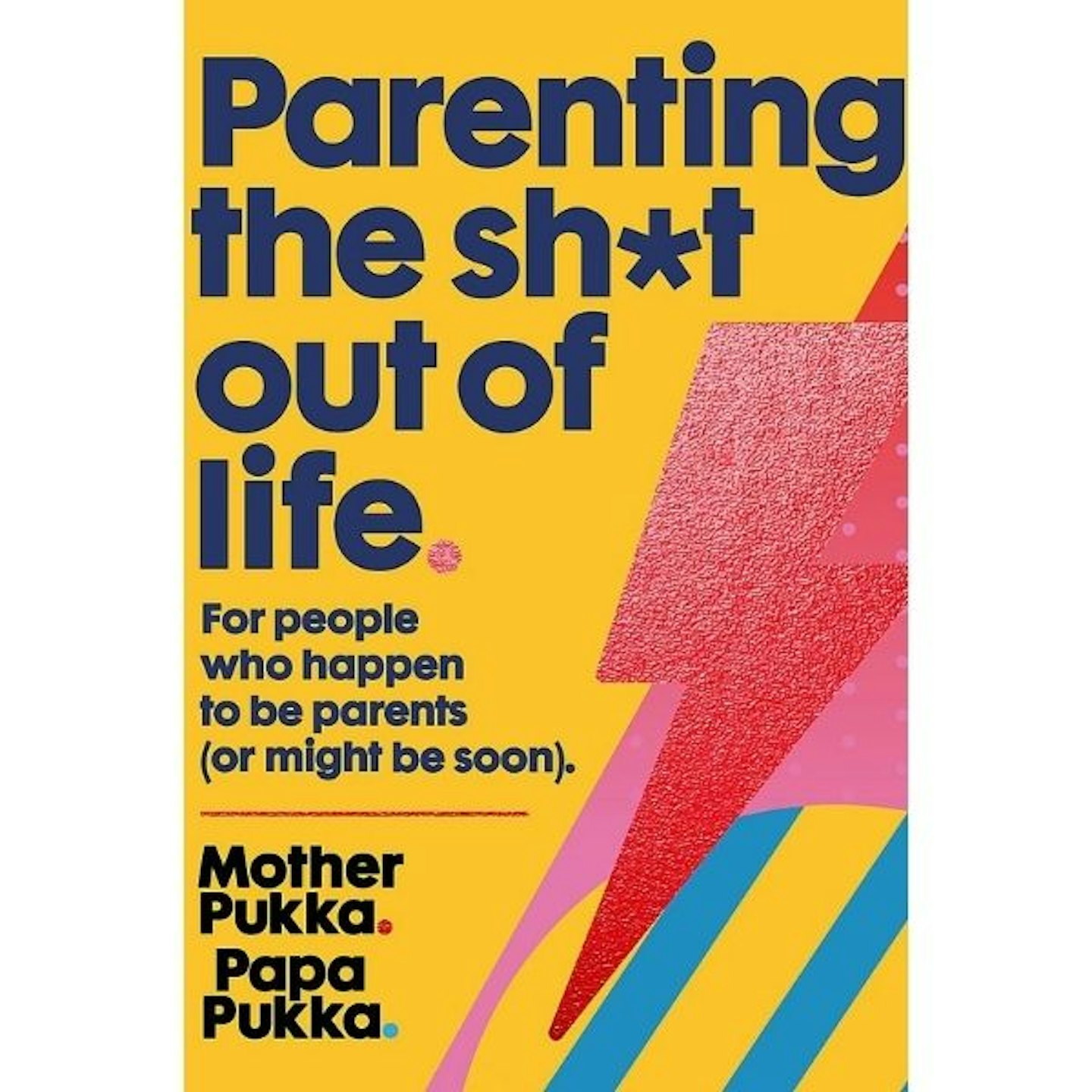 11 of 30
11 of 30Parenting The Sh*t Out Of Life
From Grazia columnist Anna Whitehouse aka Mother Pukka and Matt Farquharson aka Papa Pukka, comes the Sunday Times bestselling account of parenting told from both perspectives, and a handy guide (kind of) on how to raise a small human. The must-read for all parents and parents-to-be - and possibly the best (or worst) baby shower gift you could ever give a prospective mum or dad...
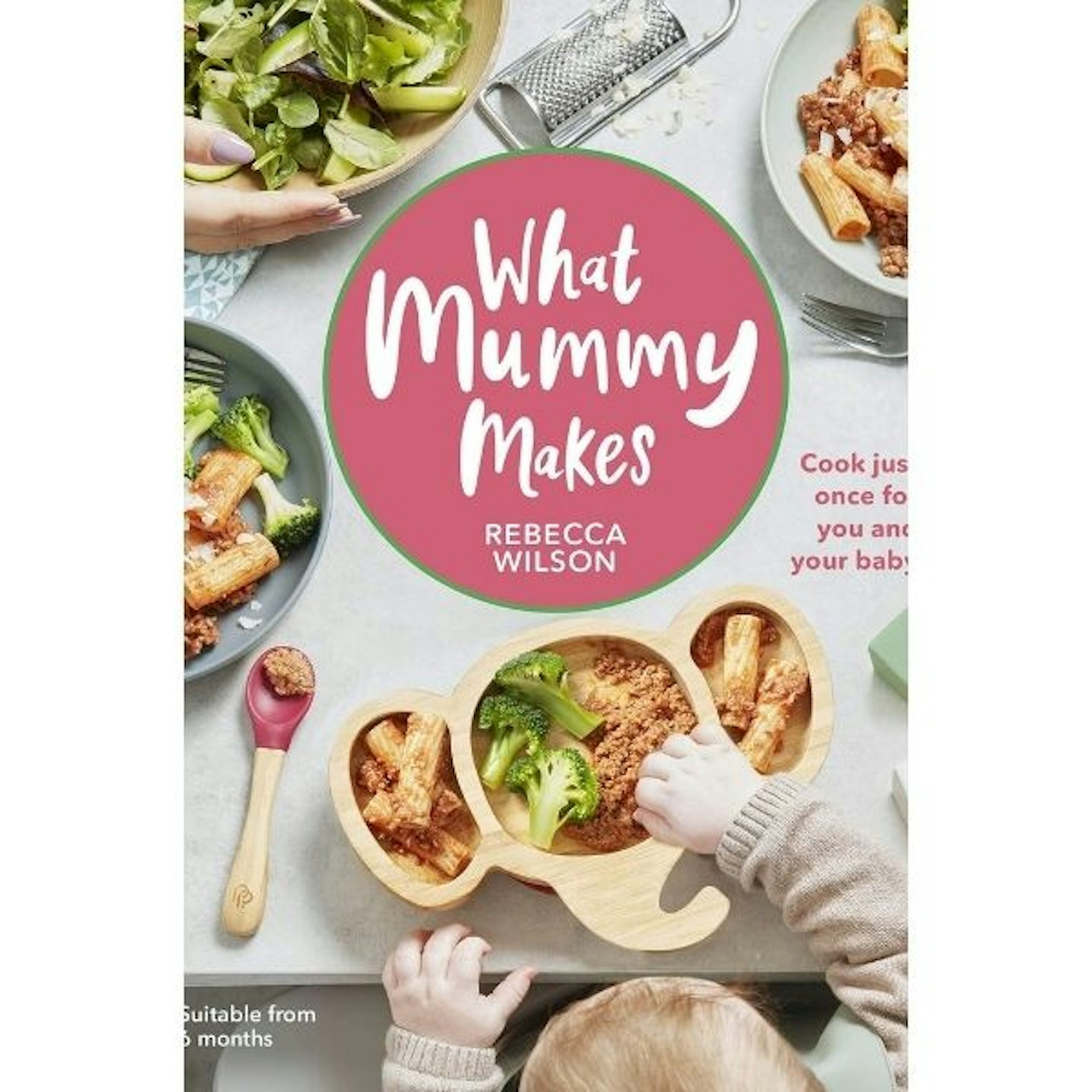 12 of 30
12 of 30What Mummy Makes
Promising 130 recipes that will suit six-month-olds AND the rest of the family, this book could save you a lot of hassle when it comes to dinnertime…
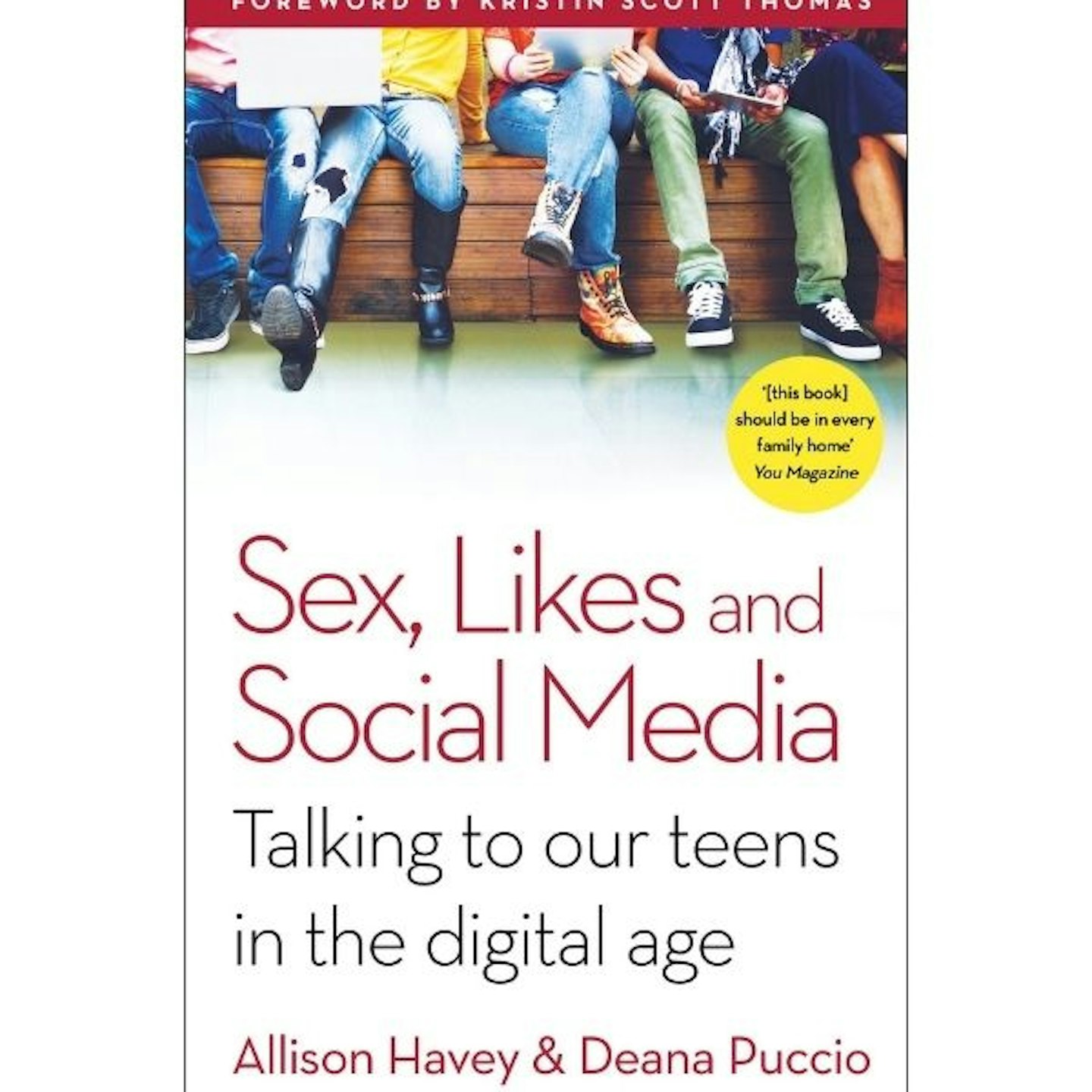 13 of 30
13 of 30Sex, Likes And Social Media: Talking To Our Teens In The Digital Age, By Deana Puccio And Allison Havey
Based on their professional work with young people, parents and teachers – and their experiences with their own children – Deana Puccio and Allison Havey give you the tools to talk to children who are digital natives with experiences wildly different from their parents'.
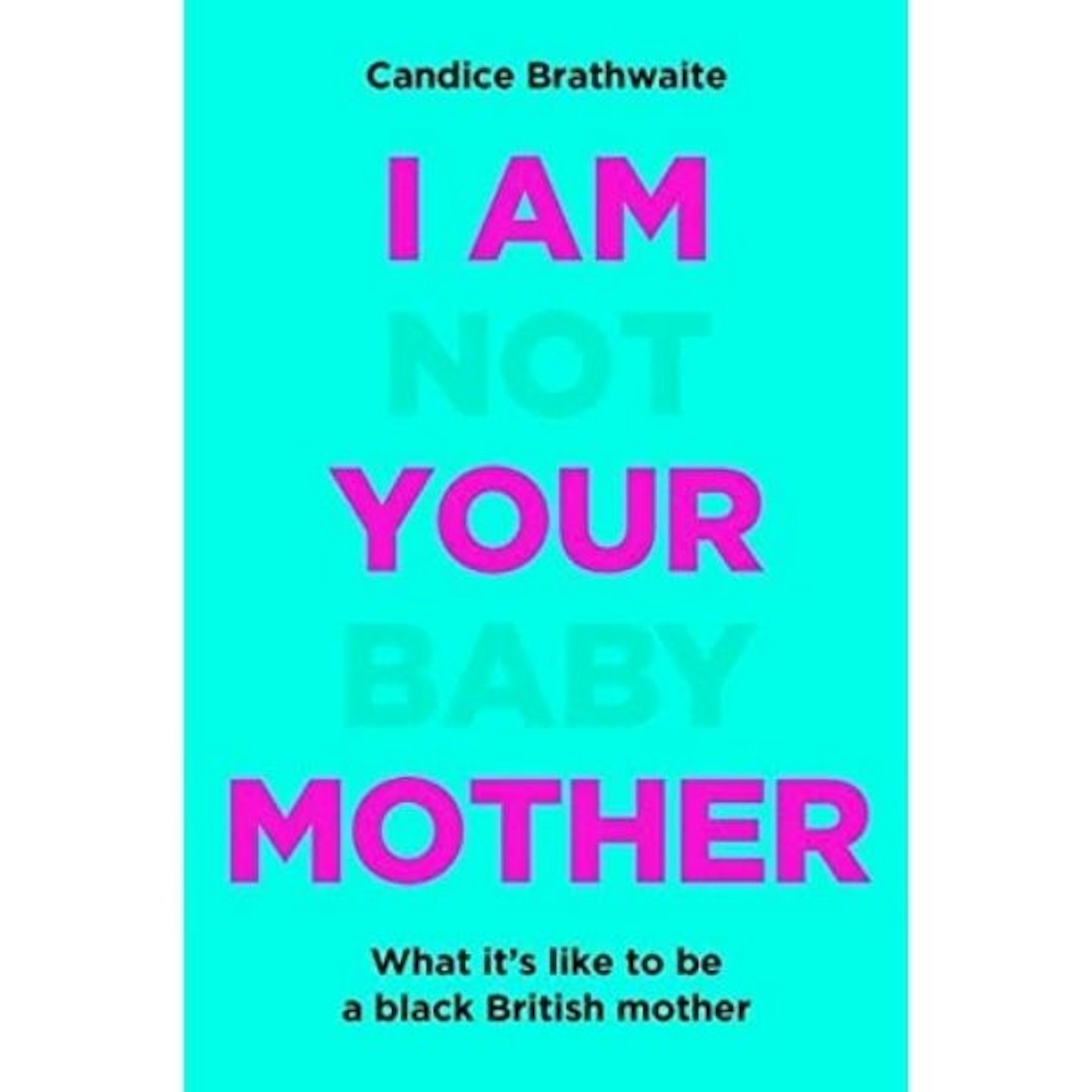 14 of 30
14 of 30I Am Not Your Baby Mother
A thought-provoking, urgent and inspirational guide to life as a Black mother. It explores the various stages between pregnancy and waving your child off at the gates of primary school while facing hurdles such as white privilege, racial micro-aggression and unconscious bias at every point. Candice does so with her trademark sense of humour and refreshing straight-talking, and the result is a call-to-arms that will allow mums like her to take control, scrapping the parenting rulebook to mother their own way.
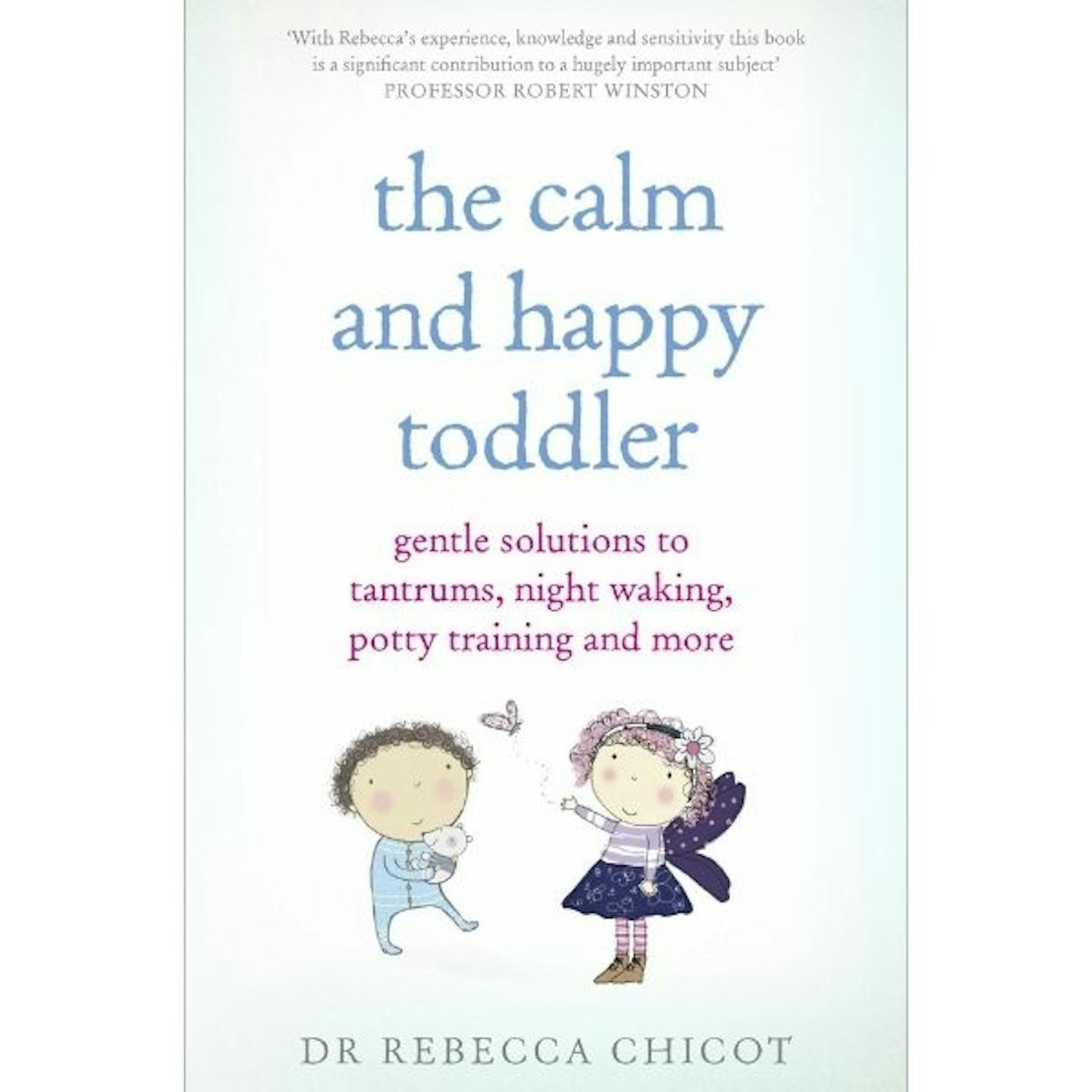 15 of 30
15 of 30The Calm And Happy Toddler, By Dr Rebecca Chicot
You think a newborn is the hard bit… and then you meet your little toddler. This book promises to help you, gently, through tantrums, night-waking, potty-training and all the fun stuff that goes with having a toddler. Dr Rebecca Chicot has a PhD in Parenting and Child Development from Cambridge University.
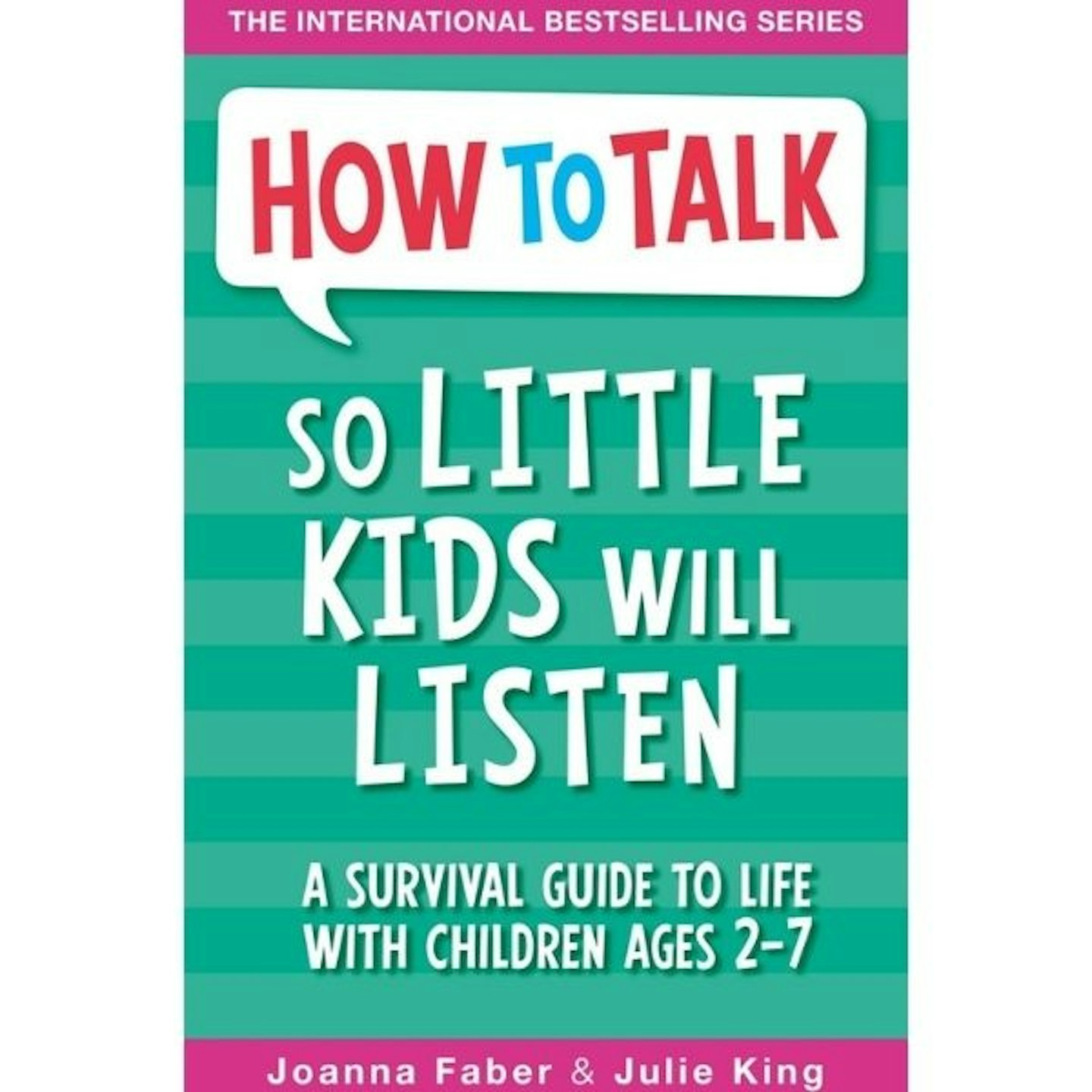 16 of 30
16 of 30How To Talk So Little Kids Will Listen
Tried and tested communication strategies to survive - and thrive - with kids ages 2-7. Users have rated this book for having a helpful toolbox of tricks that are easy to understand and carry out.
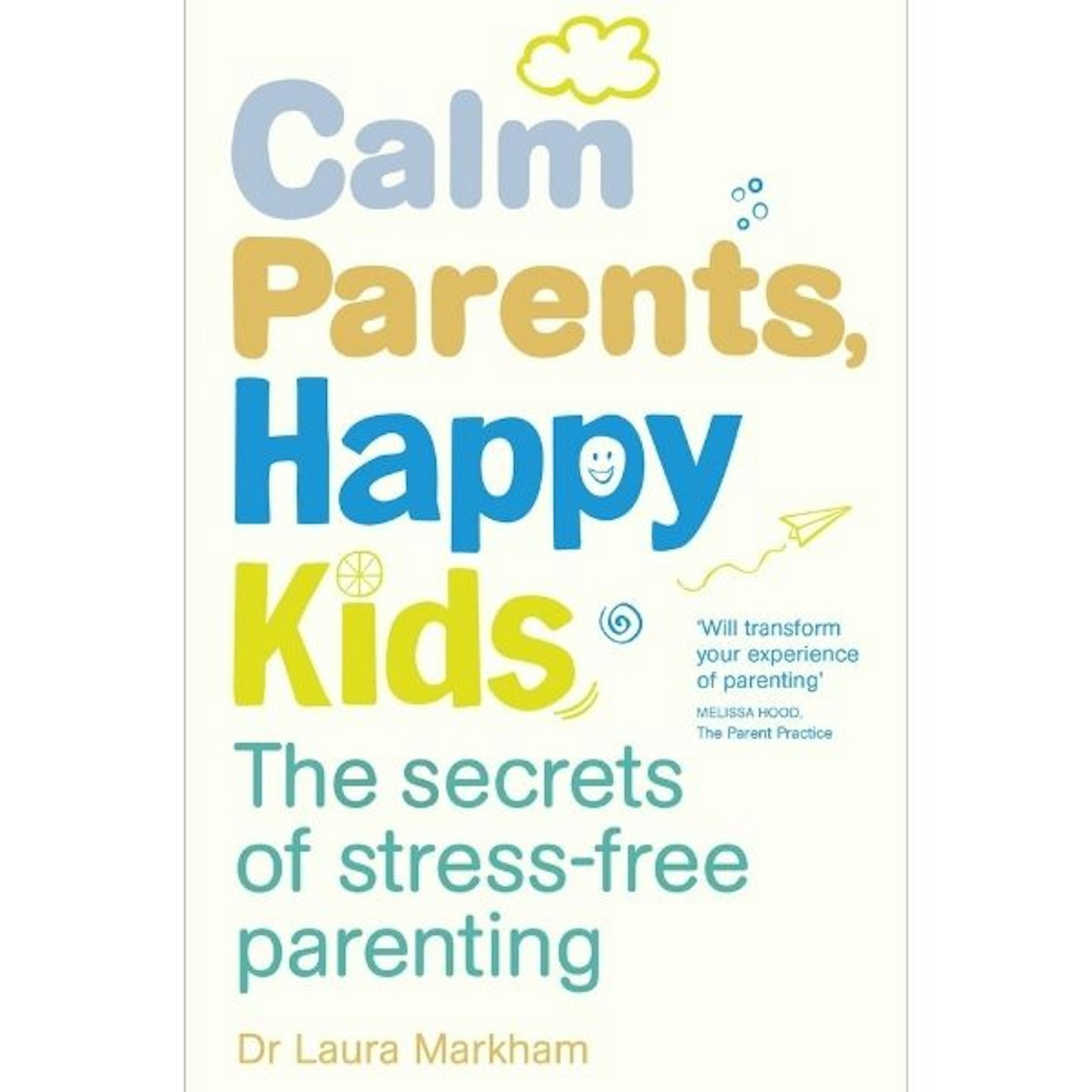 17 of 30
17 of 30Calm Parents, Happy Kids: The Secrets Of Stress-Free Parenting, By Dr Laura Markham
Most parenting books focus on changing a child's behaviour, but this book says the truth is that children only change when their relationship with their parents changes. In Calm Parents, Happy Kids, Dr Laura Markham introduces an approach to parenting that eliminates threats, power struggles and manipulation, in favour of setting limits with empathy and communication. Bringing together the latest research in brain development with a focus on emotional awareness (for both parents and children), it will appeal to all parents who don't want to force their children into compliance and lose their temper, but want to keep calm and help their children want to behave.
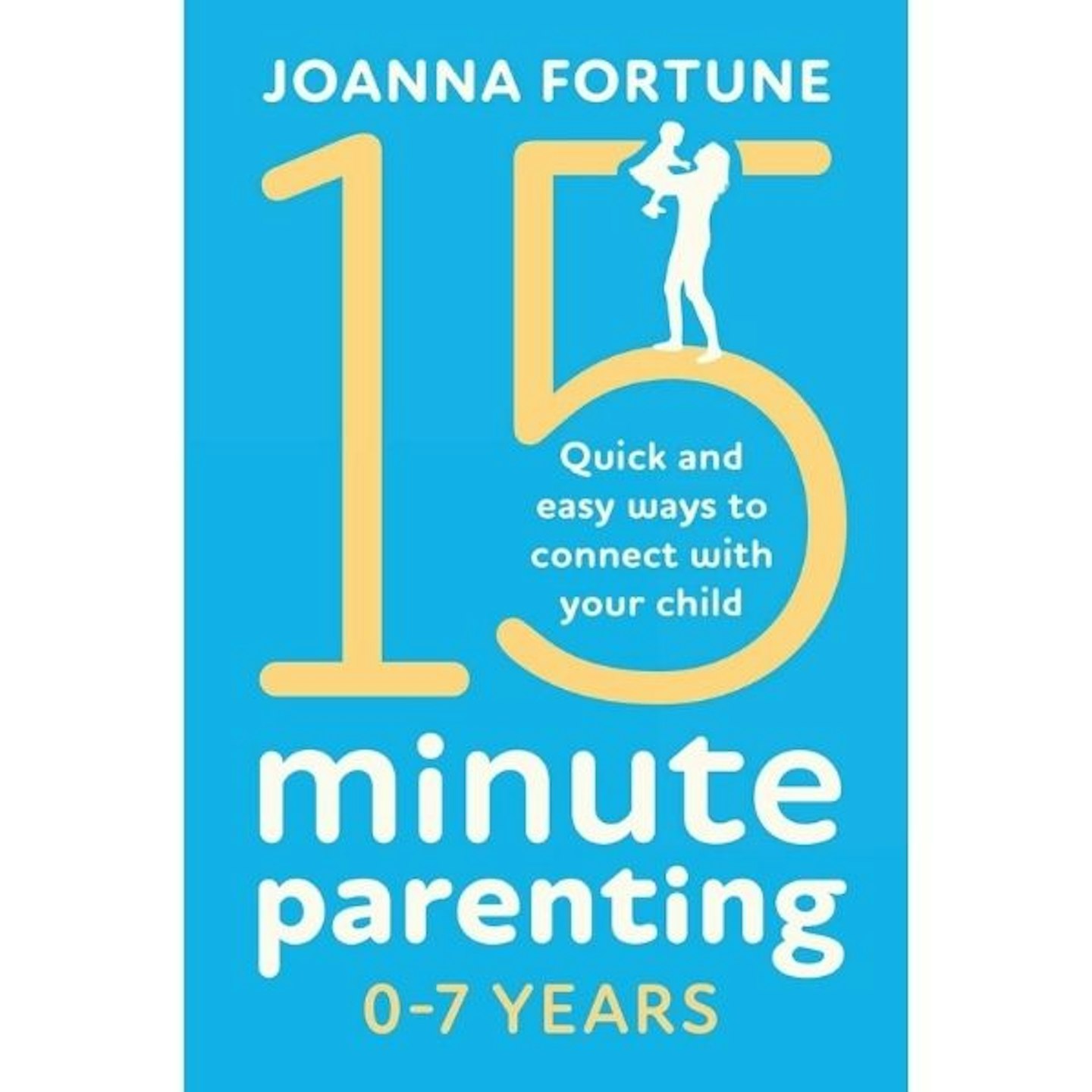 18 of 30
18 of 3015-Minute Parenting 0-7 Years: Quick And Easy Ways To Connect With Your Child, By Joanna Fortune
This also comes in a version for 8-12-year-olds and posits that just 15 minutes of mindful playtime each day in your and your child's routine could change behaviour. Created with busy parents in mind, psychotherapist and parenting expert Joanna Fortune has devised a simple but effective method to build quality playful time together at home, structured around 15-minute games that can be easily incorporated into your existing daily routine.
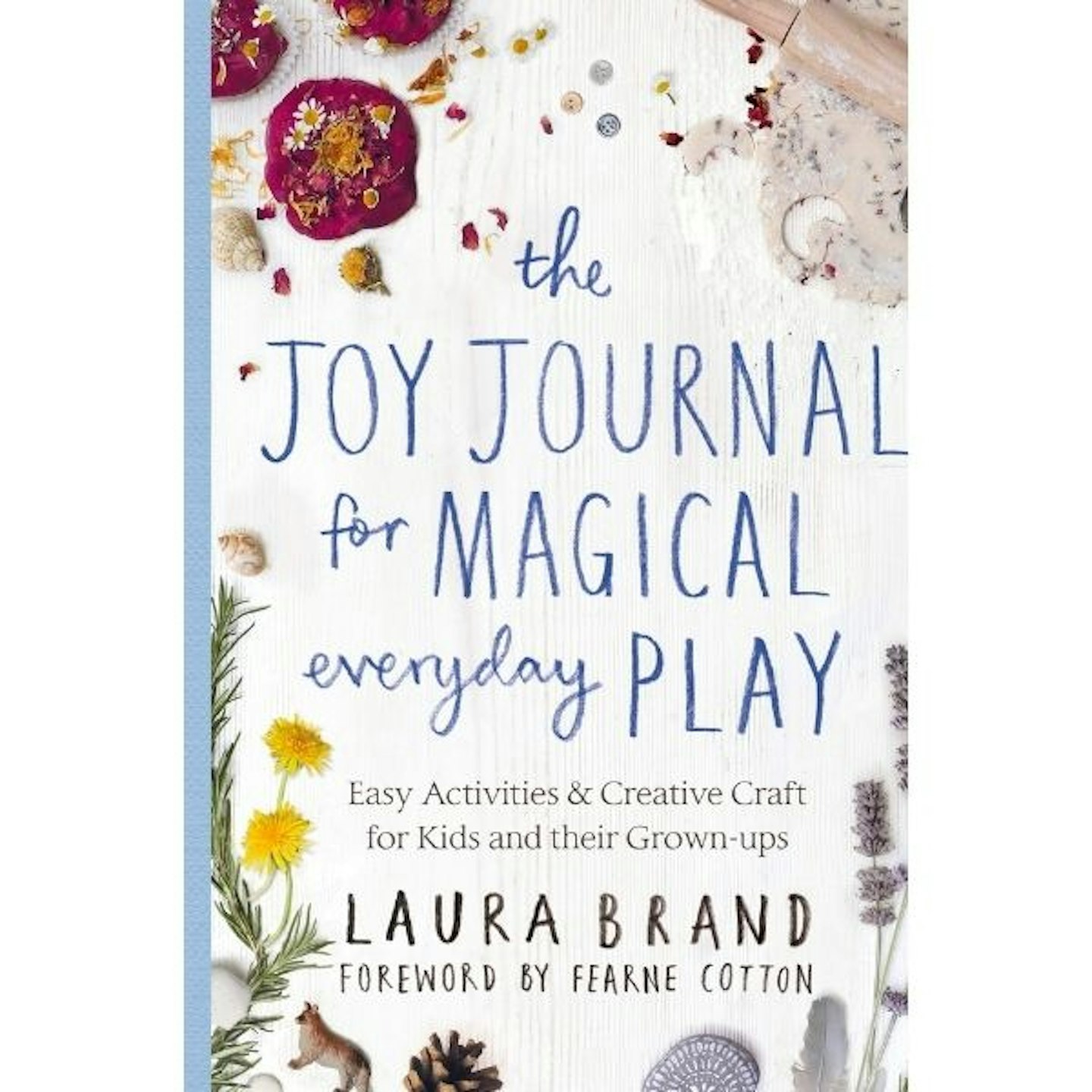 19 of 30
19 of 30The Joy Journal for Magical Everyday Play
With a foreword written by Fearne Cotton and written by Russell Brand's wife and mother to his two children, this book has star ratings. But it's also hugely useful and full of games and tips to keep children preoccupied in ways that don't involve screens, which everyone knows is very much half the battle of parenthood...
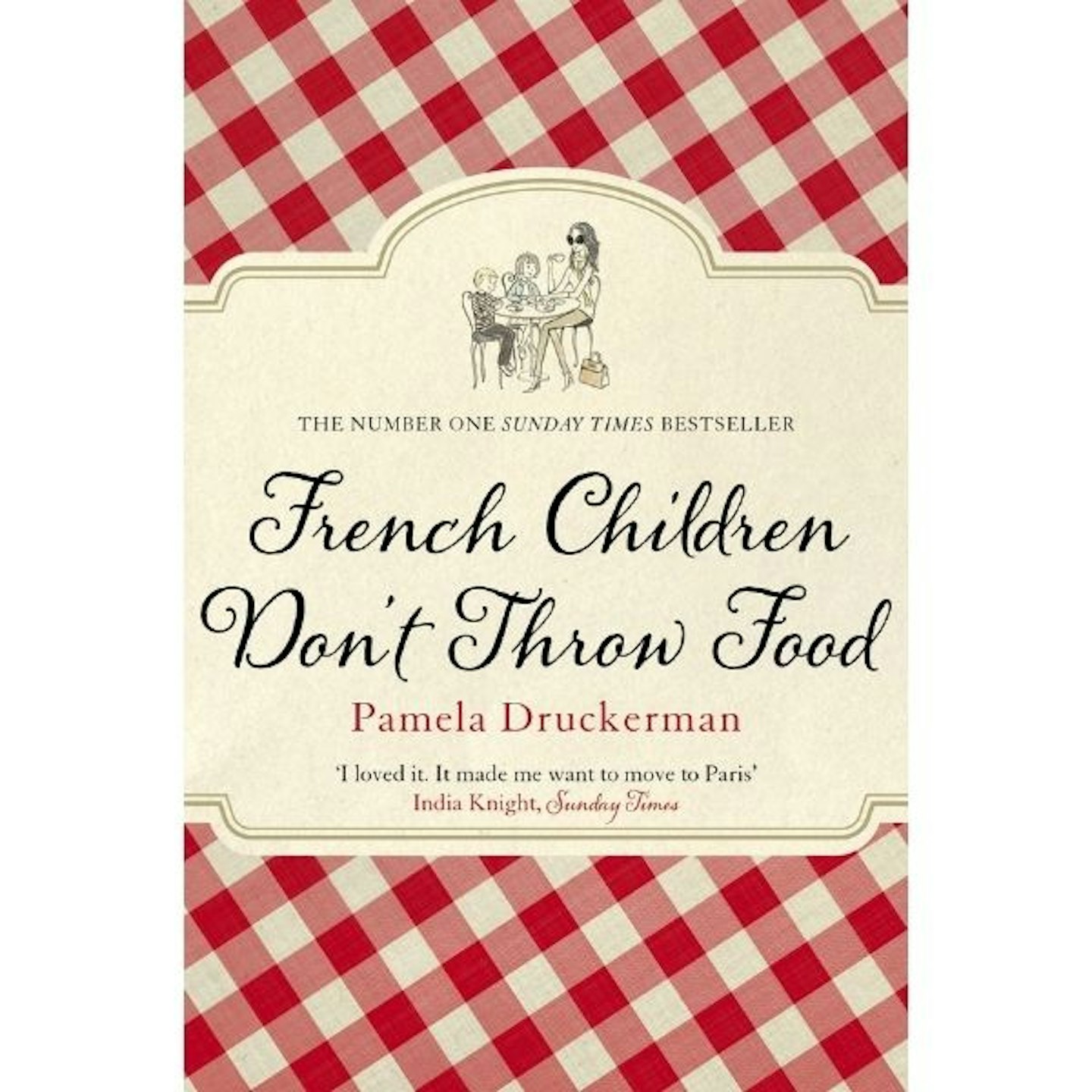 20 of 30
20 of 30French Children Don't Throw Food
Part travel book and autobiography, this book shares journalist Pamela's parenting tips she learned from living in France. And, for added glam, it's set to be made into a film, starring Anne Hathaway...
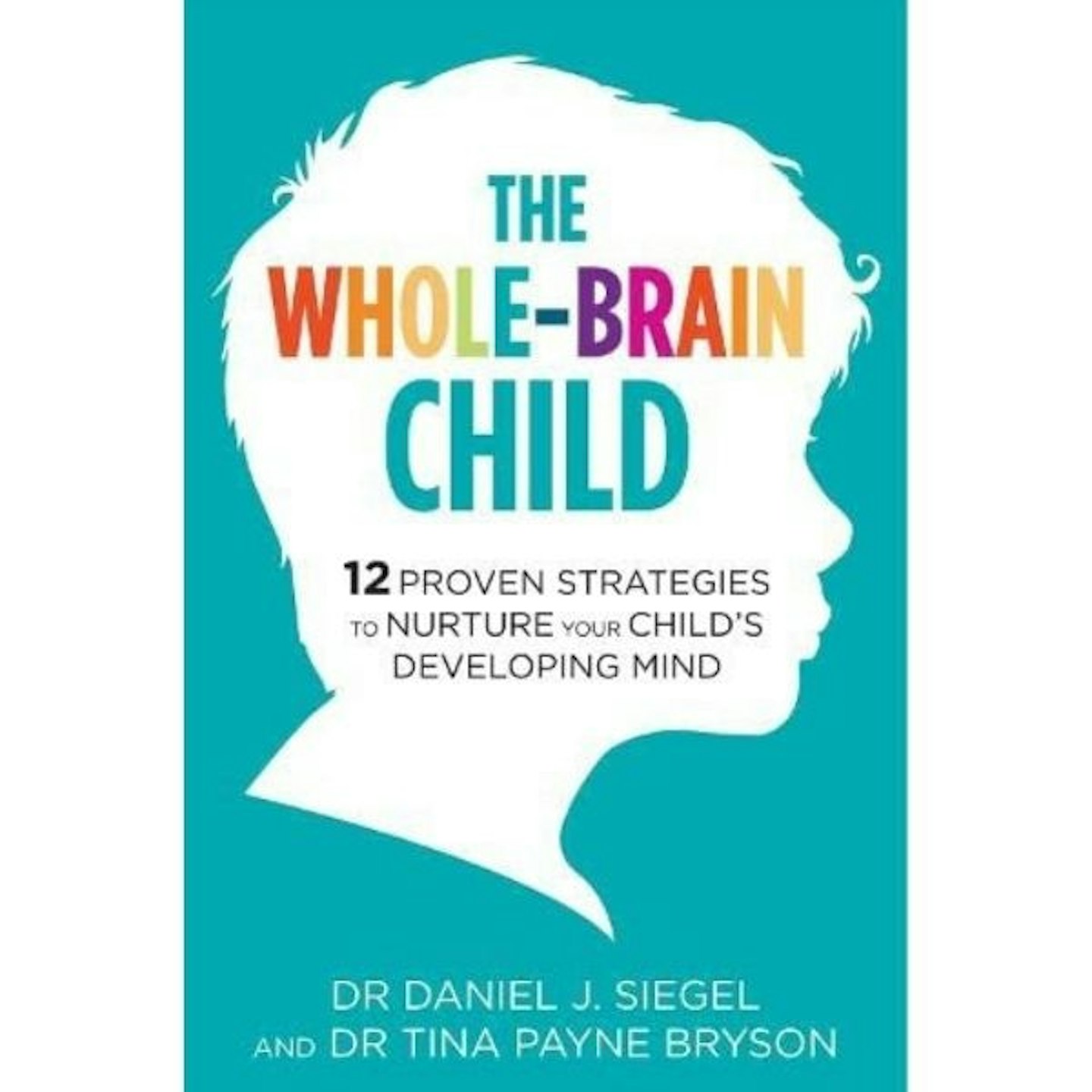 21 of 30
21 of 30The Whole-Brain Child
Designed to help children of different ages, this pioneering, practical book for parents, neuroscientist Daniel J. Siegel and parenting expert Tina Payne Bryson explain the new science of how a child's brain is wired and how it matures. Different parts of a child's brain develop at different speeds and understanding these differences can help you turn any outburst, argument, or fear into a chance to integrate your child's brain and raise calmer, happier children.
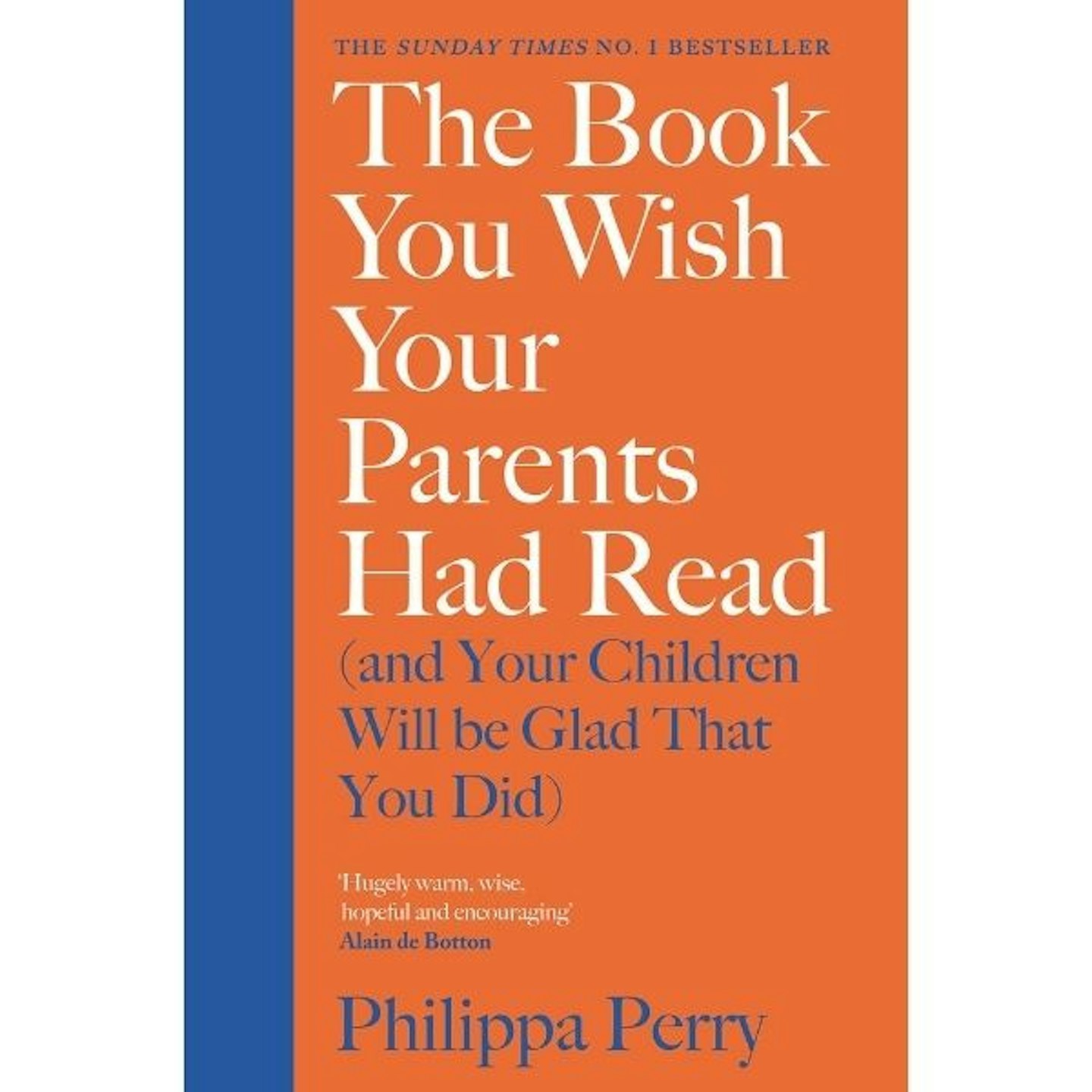 22 of 30
22 of 30The Book You Wish Your Parents Had Read (And Your Children Will Be Glad That You Did), By Philippa Perry
Philippa Perry has been a psychotherapist for the past twenty years. She lives in London with her husband the artist Grayson Perry, and they have a grown-up daughter, Flo. Billed as a book for parents and children (and those who aren't yet parents), this book comprehensively covers lots of different stages of life and has a host of celebrity fans from Nigella Lawson to Fearne Cotton.
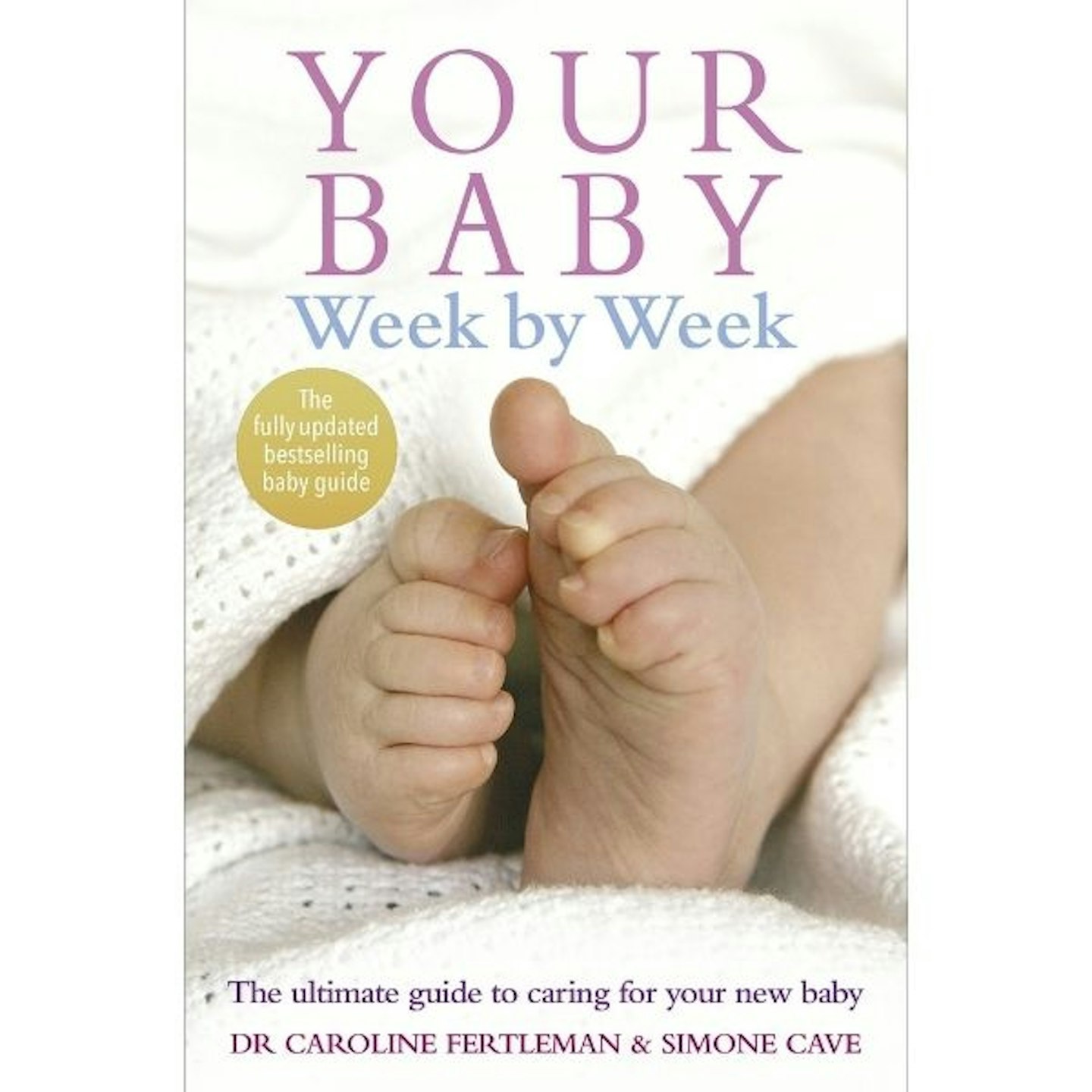 23 of 30
23 of 30Your Baby Week By Week
The book to shove in your pregnant friend's hands and tell them to only read week by week. A helpful manual of things your baby might and could be doing, week by week. As with all books, best taken with a dose of salt too – use the helpful bits, ignore the unhelpful/ones you can't quite face (i.e. the sleep bits…)
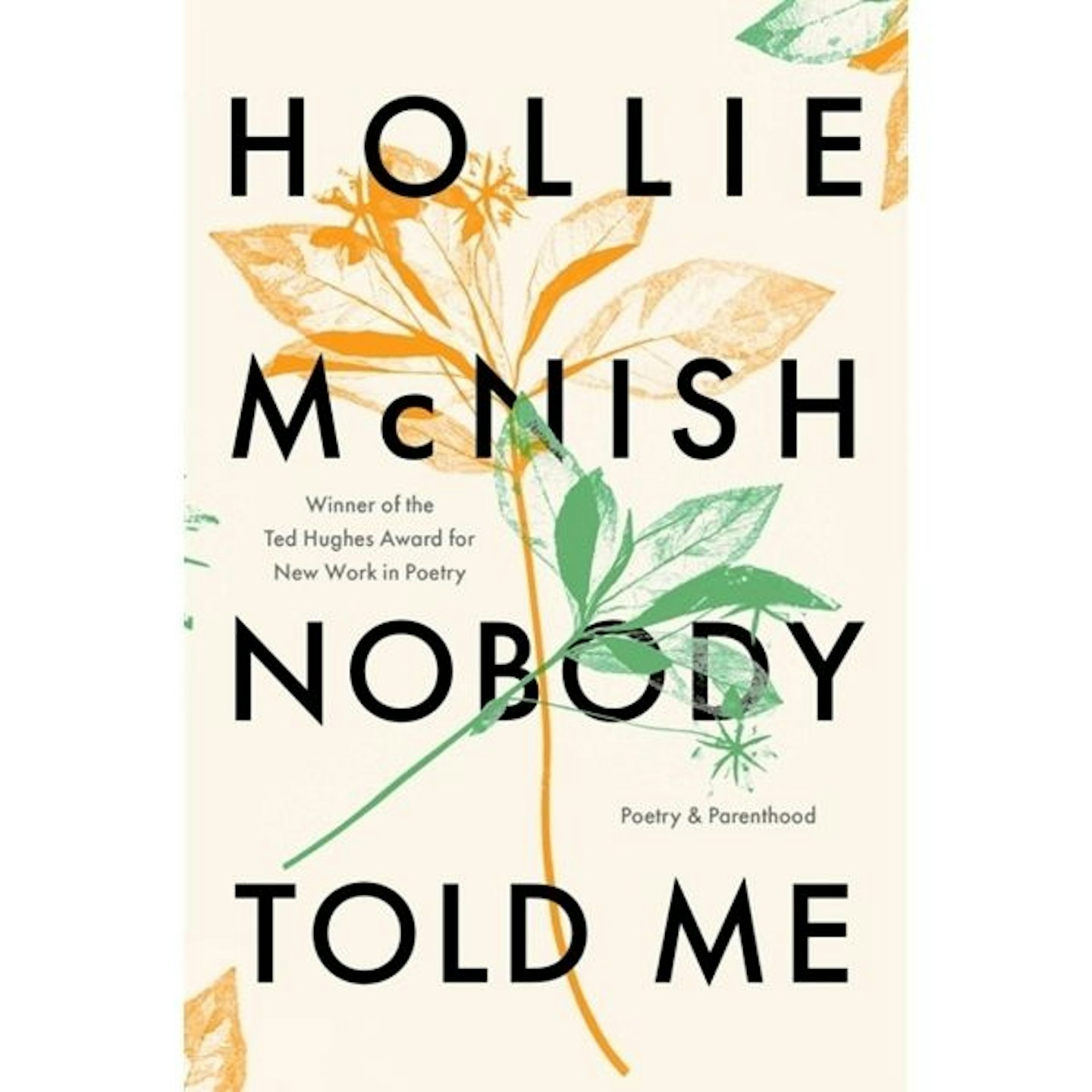 24 of 30
24 of 30Nobody Told Me
If it's weaning or sleep-training schedules you're looking for, this might not help exactly, but this book of poetry will make you smile. And probably nod your head a lot. And sometimes cry, and sometimes feel understood. Which goes much further than you'd think.
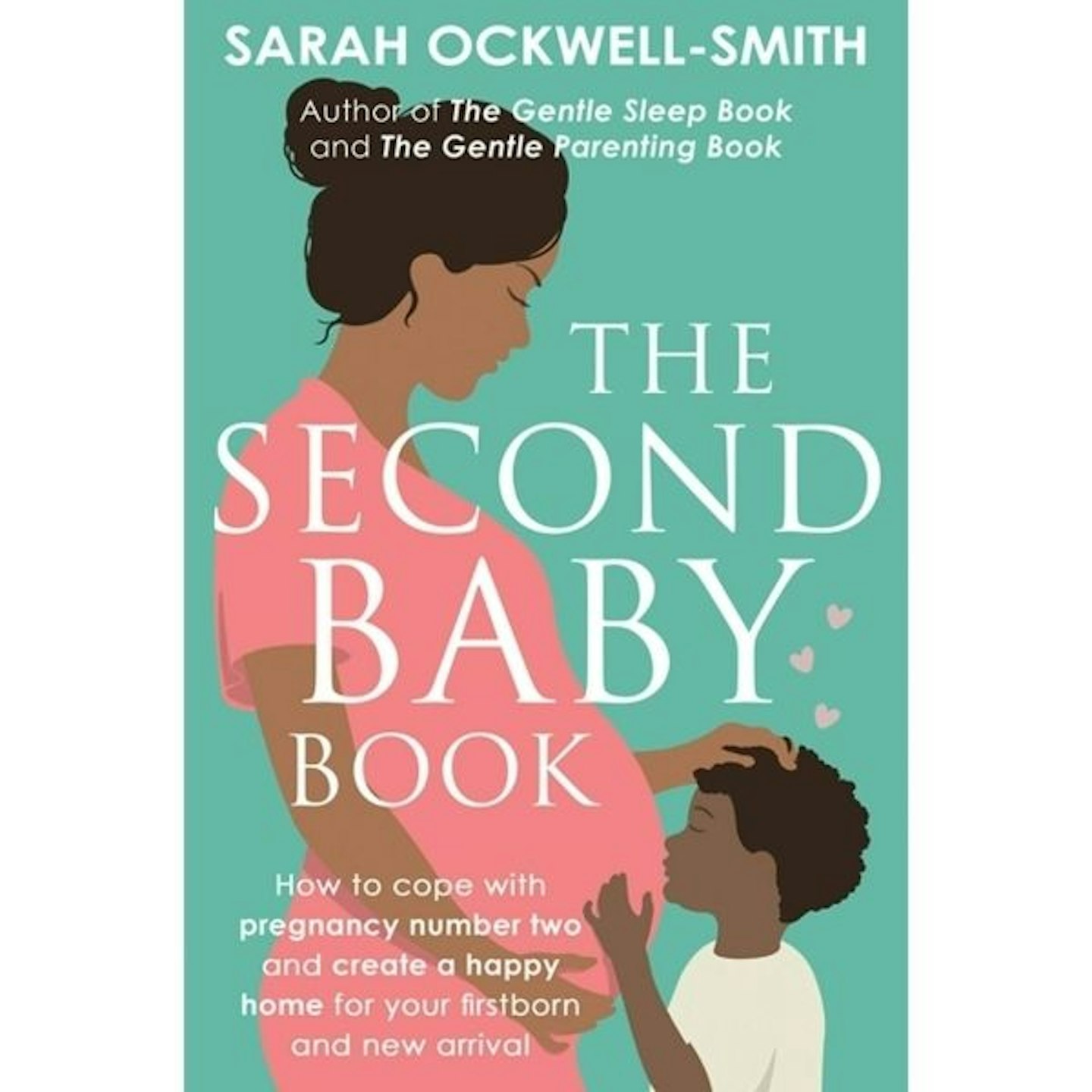 25 of 30
25 of 30The Second Baby Book, By Sarah Ockwell-Smith
This guide examines the specific issues that can arise with a second pregnancy and birth. From the common concerns about siblings, such as how to prepare your firstborn for what's to come, to how to cope with the practicalities of life with two young children. And the feelings parents are likely to experience, too - because it's easy to forget about this part.
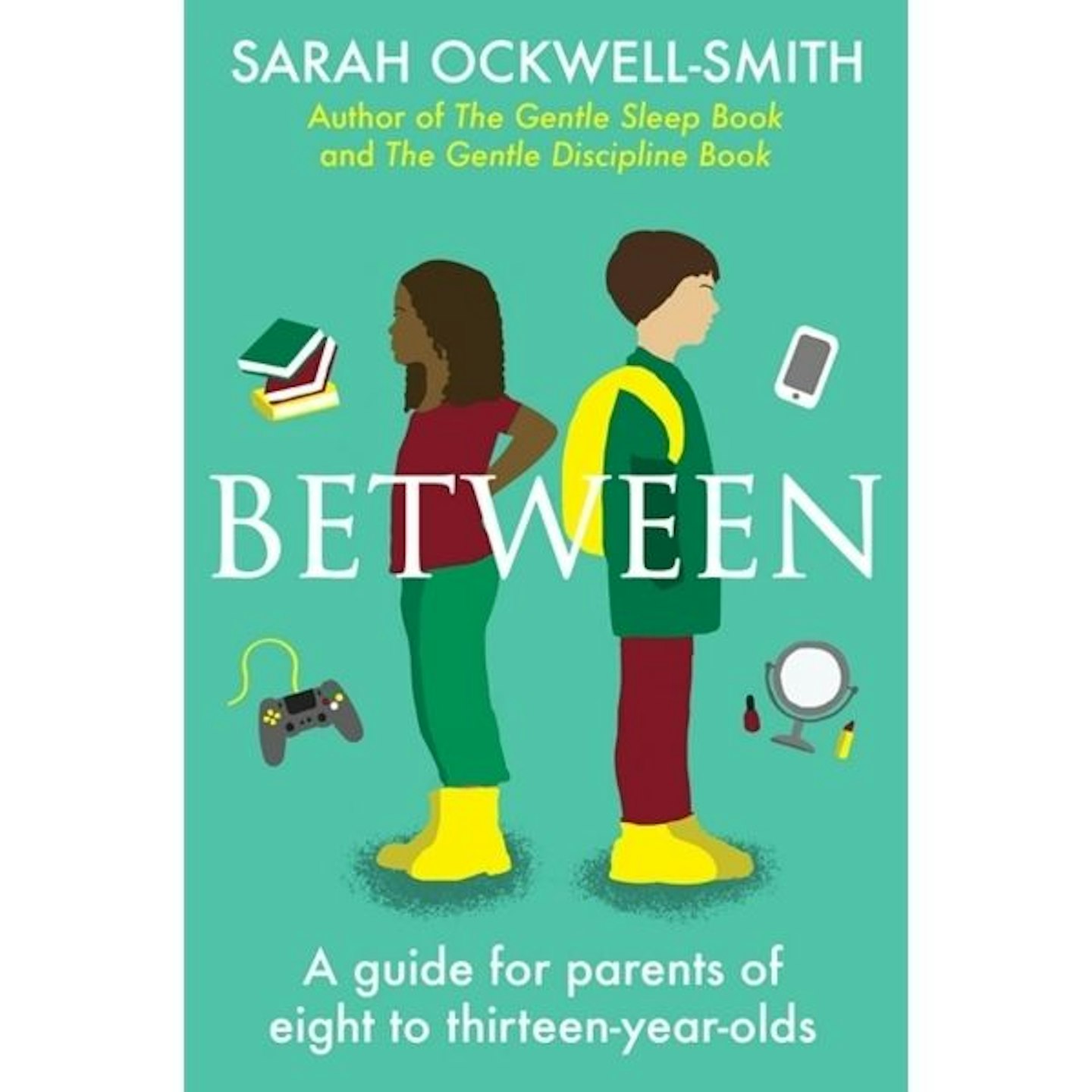 26 of 30
26 of 30Between: A guide for parents of eight to thirteen-year-olds
Raising a teenager can leave you feeling like a parenting beginner all over again. Children in the 'between' stage change daily, leaving parents struggling to understand the child they once thought they knew. In Between by parenting expert Sarah Ockwell-Smith uses biology, psychology and sociology of adolescence to give readers practical parenting advice that you can use to help your child through the tricky transition from childhood to adulthood.
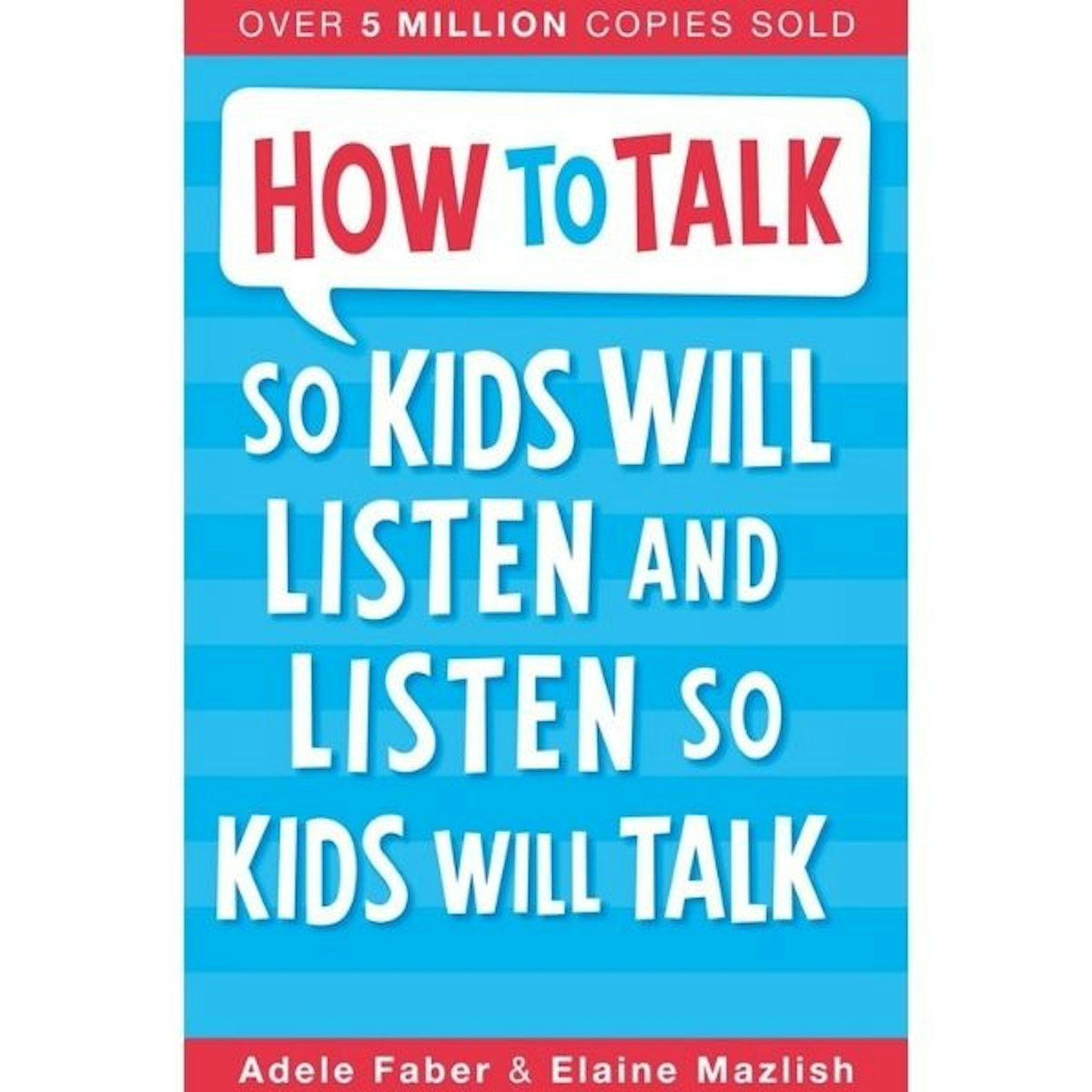 27 of 30
27 of 30How to Talk so Kids Will Listen and Listen so Kids Will Talk
Parenting experts Adele Faber and Elaine Mazlish provide effective step-by-step techniques to help you improve and enrich your relationships with your children. Read this guide to learn how to break a pattern of arguments, cope with your child's negative feelings, engage your child's co-operation, set clear limits, express your anger without being hurtful and resolve family conflicts peacefully.
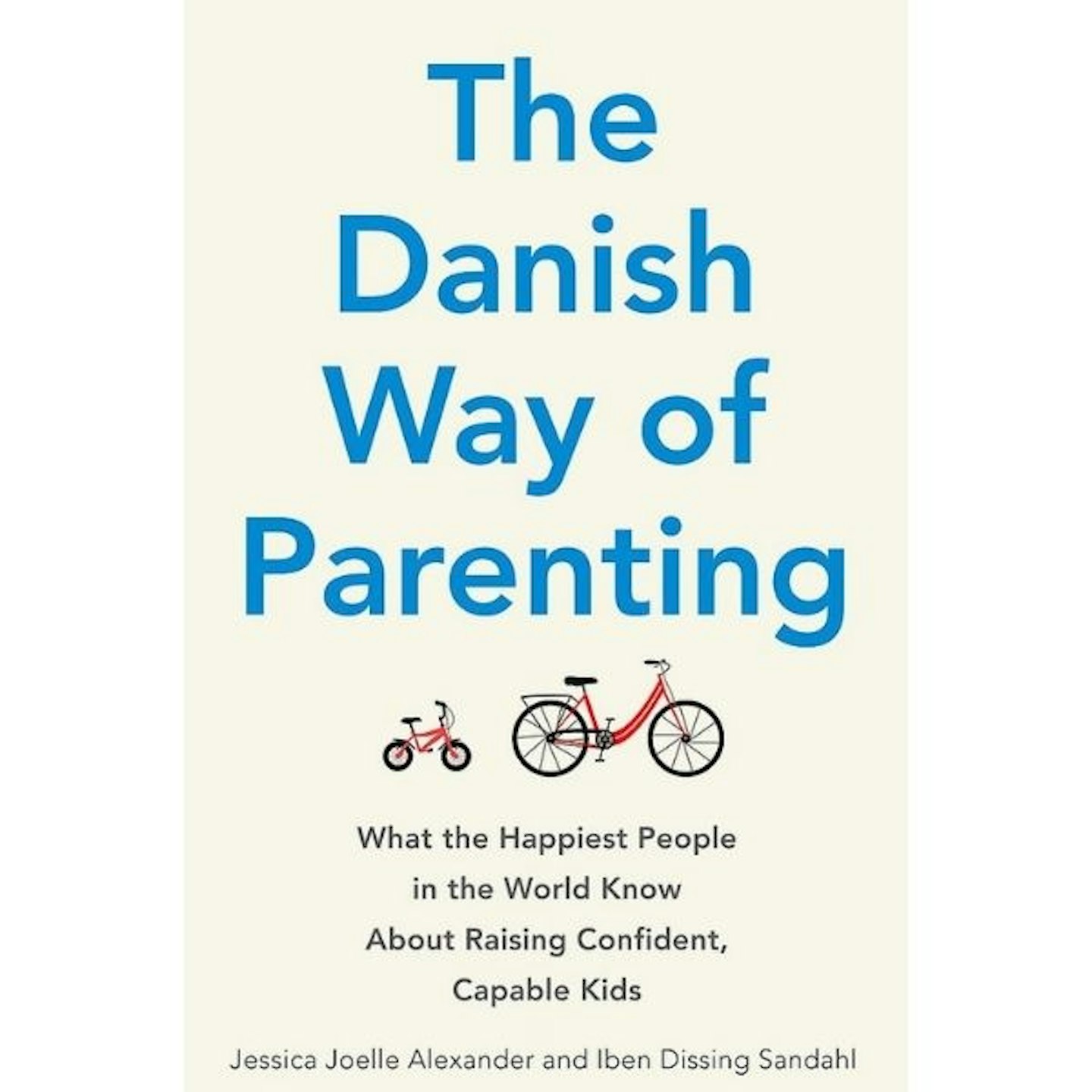 28 of 30
28 of 30The Danish Way Of Parenting
What makes Denmark the happiest country in the world, and how do Danish parents raise happy, confident, successful kids, year after year? This upbeat and practical guide reveals the six essential principles that have been working for parents in Denmark for decades:
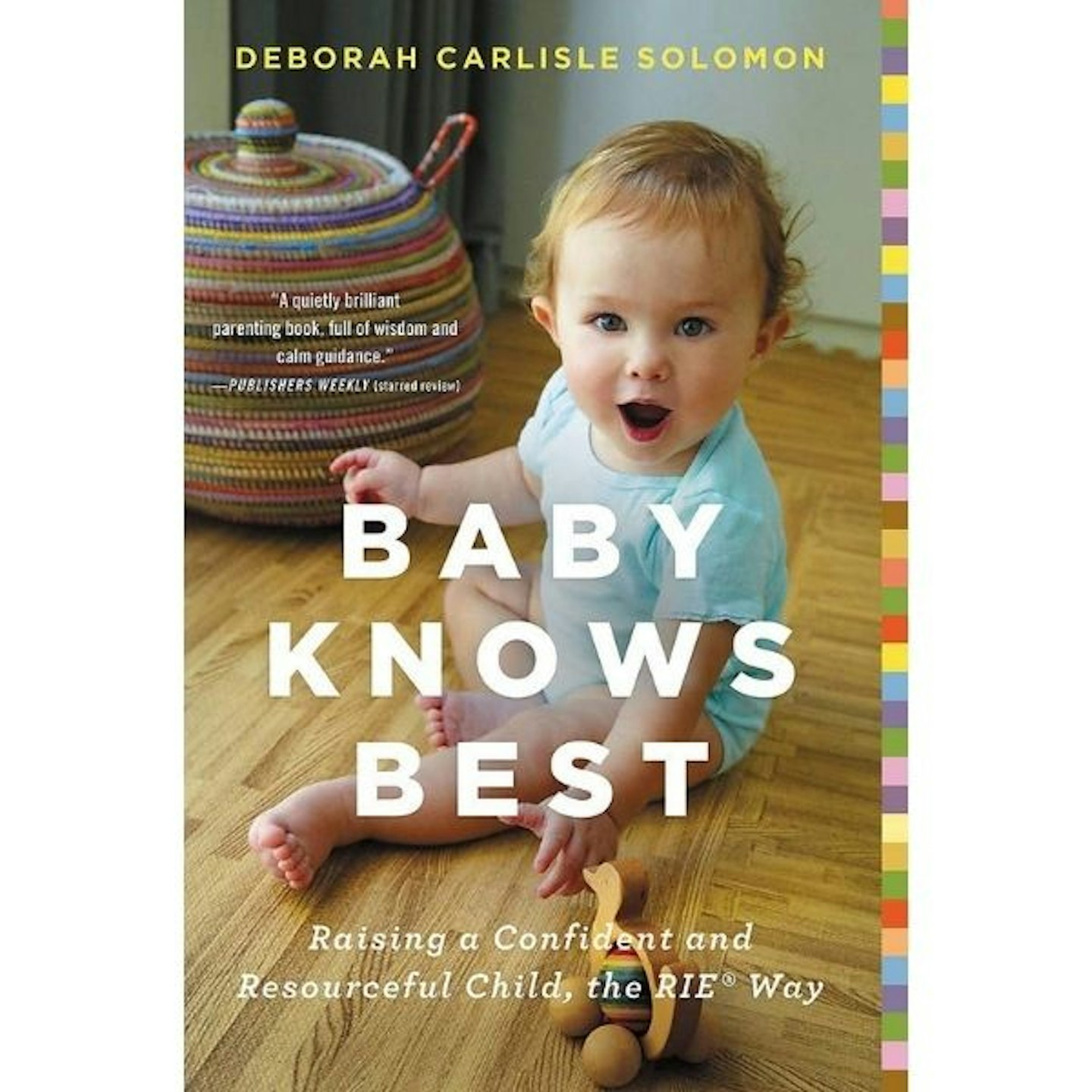 29 of 30
29 of 30Baby Knows Best
Baby Knows Best is a comprehensive guide that shows parents how to respond to their babies' cues and signals; how to develop healthy sleep habits, why babies need uninterrupted playtime and how to set clear consistent limits. After reading as parents you will be more relaxed and also have more confident, self-reliant children.
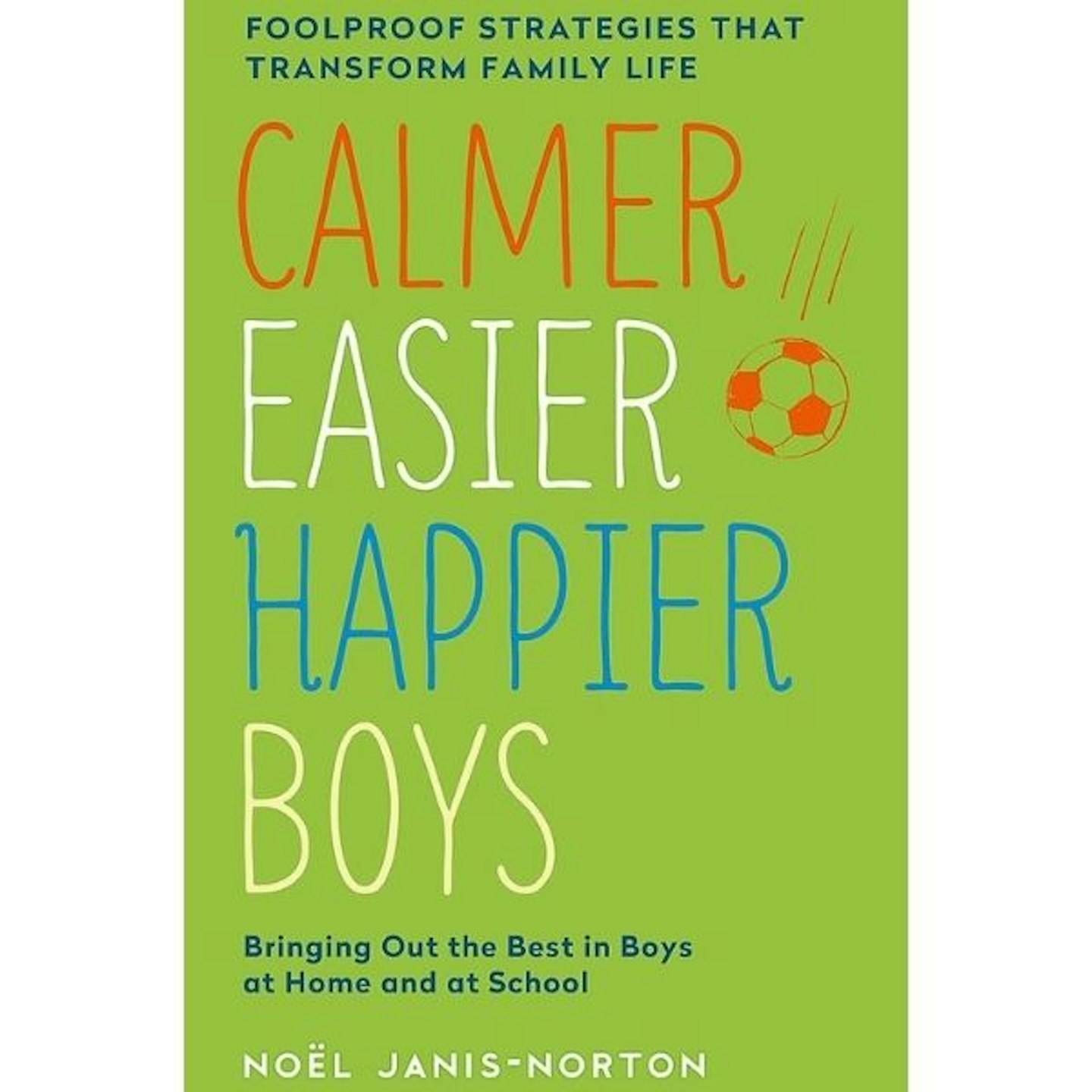 30 of 30
30 of 30Calmer, Easier, Happier Boys
Calmer Easier Happier Boys sees parenting expert Noel Janis-Norton explains simple strategies for the unique challenges of raising motivated, cooperative and confident boys. Using the stellar techniques Noel has developed over many years of working with families, parents can get back in charge. Living with boys can become calmer, easier and happier.
